20+ Years Experience
Specialist Alcohol Help

Are you struggling with alcohol cravings and searching for effective ways to beat alcohol cravings? You’re not alone.
In this blog post, we will provide a fresh perspective on managing cravings and maintaining sobriety.
You’ll learn about the nature of alcohol cravings, practical strategies to combat them, and professional support that can help you on your journey to a healthier, alcohol-free life.
To effectively fight alcohol cravings, it’s crucial to understand their nature. Alcohol cravings are influenced by a combination of factors, including changes in brain chemistry, habit formation, and various triggers.
By recognising how these elements contribute to cravings, we can develop strategies to better manage and overcome them.
Alcohol cravings are primarily driven by alterations in the brain’s chemistry. When we consume alcohol, it affects the brain’s neurotransmitter systems, such as dopamine release and the glutamate system responsible for learning memory, and brain plasticity.
These psychological changes can lead to an irresistible urge to continue drinking alcohol and cause withdrawal symptoms when we attempt to stop drinking.
Understanding the role of brain chemistry in cravings can help us develop targeted strategies to curb cravings or address them.
Habit formation, including drinking habits, plays a significant role in alcohol addiction and cravings.
Positive feelings and euphoria associated with consuming alcohol can lead to compulsive urges to drink alcohol, causing one to crave physical sensations from alcohol.
Over a short period of time, our brains associate these positive sensations with drinking, creating a cycle of craving and consumption.
By identifying the habits that contribute to alcohol cravings, we can work to replace them with healthier alternatives.
This could include activities such as exercising, meditation, or engaging in hobbies. By replacing unhealthy foods, we feel guilty we are replacing unhealthy foods.
Triggers can initiate experiencing alcohol cravings and manifest in various forms, such as emotions, memories, environmental cues, or physical sensations.
By acknowledging these triggers and learning how to manage them effectively, we can significantly reduce the frequency and intensity of cravings, ultimately helping those struggling with alcohol use disorder.
Understanding what your drinking and avoiding triggers that can set off alcohol cravings is drinking is essential for a successful recovery and long-term sobriety.
Recognising your personal triggers is a critical step in overcoming alcohol cravings and maintaining sobriety.
There are several practical strategies that can help you overcome alcohol cravings, including distraction techniques, urge surfing, and mindfulness and meditation practices.
By implementing these strategies, you can fight alcohol cravings, better curb alcohol cravings, manage your cravings by avoiding alcohol and resist the urge to drink and fight alcohol cravings.
Distraction techniques involve engaging in activities that take your attention away from the craving, helping to reduce its intensity. Examples of such activities include watching a movie, cleaning your house, exercising, or spending time completing a task.
By focusing on something other than alcohol addiction or the craving to crave alcohol, you can effectively make the typical craving to reduce its intensity and make it easier to resist the urge to drink.
Urge surfing is a method of riding out the waves of cravings, allowing them to pass without giving in to the urge to drink.
This technique involves recognising the craving crave alcohol, labelling it, and observing it without judgment.
By practising this, you can learn to effectively cope with cravings for alcohol and resist the temptation to drink.
It is important to remember that cravings happen, they are strong cravings are normal and intense cravings will come and go. The key is the key.
Mindfulness and meditation practices can increase awareness of unhealthy impulses and help resist sudden urges to drink.
By focusing intently on the present moment and being aware of your thoughts and emotions, you can develop a greater understanding of your cravings handle urges and be better equipped to resist them, ultimately benefiting your mental health.
Regular practice of mindfulness and meditation can also foster a sense of calmness and well-being, making it easier to manage cravings.
Identifying and managing triggers, both internal and external, can help in reducing the frequency and intensity of alcohol cravings.
By recognising your personal triggers and learning how to manage them effectively, you can better control your cravings and maintain sobriety.
Triggers can be anything from certain people, places, or activities that remind you of drinking.
Internal triggers, such as stress or negative emotions, can be managed through coping strategies and self-awareness.
By understanding your emotions and learning how to manage them effectively, you can reduce the impact of internal triggers on your cravings.
Developing healthy coping mechanisms and practising self-awareness can help you control internal triggers and reduce the frequency and intensity of alcohol cravings.
External triggers, such as social situations or specific environments, can be avoided or minimised to reduce the risk of cravings.
By recognising the situations and environments that trigger your cravings, you can take deliberate steps to avoid avoiding common triggers or minimise your exposure to them.
This can significantly reduce your risk of experiencing cravings crave alcohol and help you maintain sobriety.
Building a personalised toolkit of coping strategies, support networks, and resources can help you manage alcohol cravings and maintain sobriety.
By developing a tailored approach that addresses your unique needs and preferences, you can effectively manage cravings and stay on track in your recovery journey.
Creating a plan that works for you is essential to managing cravings and staying sober. Consider the following.
Coping strategies may include techniques such as distraction, and mindfulness, tailored to your individual needs and preferences.
By adopting a variety of coping strategies, you can effectively manage your cravings and gain confidence in your ability to resist the urge to drink.
As you become more adept at managing your cravings, you’ll be better equipped to handle situations that might trigger a craving and maintain your sobriety.
Support networks, such as friends, family, or recovery groups, can provide emotional support and encouragement during moments of craving.
By surrounding yourself with people who understand your struggle and are committed to helping you succeed, you can gain the strength and motivation needed to resist cravings for alcohol and maintain sobriety.
Don’t be afraid to reach out to your support network when you need help or encouragement.
Resources, such as educational materials, therapy sessions, or medication, can be utilised to better understand and manage cravings.
By accessing and utilising these resources, you can gain valuable insights and tools to help you manage your cravings more effectively.
Whether it’s learning about the science behind cravings, participating in therapy sessions to address underlying issues, or using medication to reduce physical responses to cravings, these resources can play a crucial role in your recovery journey.
Medications, such as naltrexone, acamprosate, and other options, can help reduce alcohol cravings and support recovery efforts.
Each medication works in a different way to address cravings, and it’s important to discuss your options with a medical professional to determine the best course of action for your individual needs.
It is important to remember that medications are not a cure-all for both anxiety, drug and alcohol use disorder, and alcohol use disorder, drugs and alcohol addiction.
Naltrexone is a medication that can reduce alcohol urges and cravings. It is available as a pill or a monthly injection administered by a physician.
Naltrexone works by blocking the effects of opioids on the brain, thereby diminishing cravings and staving off relapse.
Additionally, it lessens the pleasurable sensations associated with alcohol, making it less attractive. This medication can be a helpful tool in managing cravings for alcohol and supporting your recovery efforts.
Acamprosate, a drug also known as Campral, can help reduce alcohol and drug cravings by restoring balance in the brain’s neurotransmitters.
This medication is commonly used in conjunction with counselling or therapy to support individuals in their recovery efforts.
By addressing the neurological imbalances that contribute to cravings for drinking, acamprosate can help you resist the urge and desire to drink and maintain sobriety.
Other medications, such as Topamax, Gablofen, and Antabuse, can also help reduce alcohol cravings in different ways.
Topamax and Gablofen work by reducing cravings, feelings for alcohol and urges to drink, while Antabuse causes anxiety and a violently ill reaction when alcohol is consumed, deterring individuals from drinking.
Each medication has its side effects and considerations, so it’s important to discuss your options with a medical professional to determine the best course of action for your individual needs.
Professional support and treatment options, including behavioural therapy, 12-step programs, and medical assistance, can provide additional help in managing alcohol cravings and maintaining sobriety.
By seeking professional help, treatment and guidance and utilising a variety of resources, you can increase your chances of successfully overcoming cravings and desire for drugs and achieving lasting recovery.
Behavioural therapy helps manage psychological aspects of alcohol cravings by identifying triggers, analysing feelings, and providing coping strategies and education.
By working with a therapist, you can gain a better understanding of the psychological factors that contribute to cravings and develop effective strategies to manage them.
This can help you maintain sobriety and prevent relapse.
12-step recovery programs, such as Alcoholics Anonymous, offer a structured approach to recovery and support in managing cravings.
These programs provide a supportive atmosphere, a sense of community, and a spiritual basis for the recovery process.
By participating in a 12-step program, you can gain the tools and support needed to manage cravings and maintain your sobriety.
Medical assistance, including medically assisted treatment and medication, can help reduce physical responses to alcohol cravings and make it easier to walk away from the urge to drink.
By working with a medical or mental health professional, you can identify the most effective treatments and medications to address your cravings and support your recovery efforts.
Incorporating the keyword into the text: This can be an essential component of a comprehensive approach to curbing alcohol cravings, managing them effectively, and maintaining sobriety.
Remind yourself of your goals, drink regularly talk it through with someone you trust, distract yourself with healthy activities, challenge the thought behind alcohol use and the urge, ride it out, and leave tempting situations to stop the urge to drink.
Changes in brain chemistry, habit formation, and triggers are the main factors contributing to alcohol use and cravings.
Medications like naltrexone and acamprosate can help manage alcohol cravings, providing an important tool for early recovery too.
To identify and manage personal triggers for your alcohol and drug and substance use, and cravings, recognise your internal and external triggers and learn effective ways to self-control them.
Identifying your triggers is the first step in managing them. Internal triggers are thoughts, feelings, and memories that can lead to cravings. External triggers are environmental cues that trigger alcohol cravings, such as seeing alcohol or being in a restaurant.
Professional support and treatment options such as behavioural therapy, 12-step programs, and medical assistance are available for managing alcohol cravings.
These options can help individuals reduce their alcohol consumption and lead healthier lives.
In conclusion, managing alcohol cravings is a complex process that requires a multifaceted approach. By understanding the nature of cravings, implementing practical strategies, building a personalised toolkit, utilising medications and professional support, and identifying and managing triggers, you can effectively overcome cravings and maintain sobriety.
Remember, you don’t have to face this challenge alone – reach out to friends, other family members, and professionals for support and guidance on your journey to recovery.
There are a range of other services that we can provide. Have a look at the list below for more information:
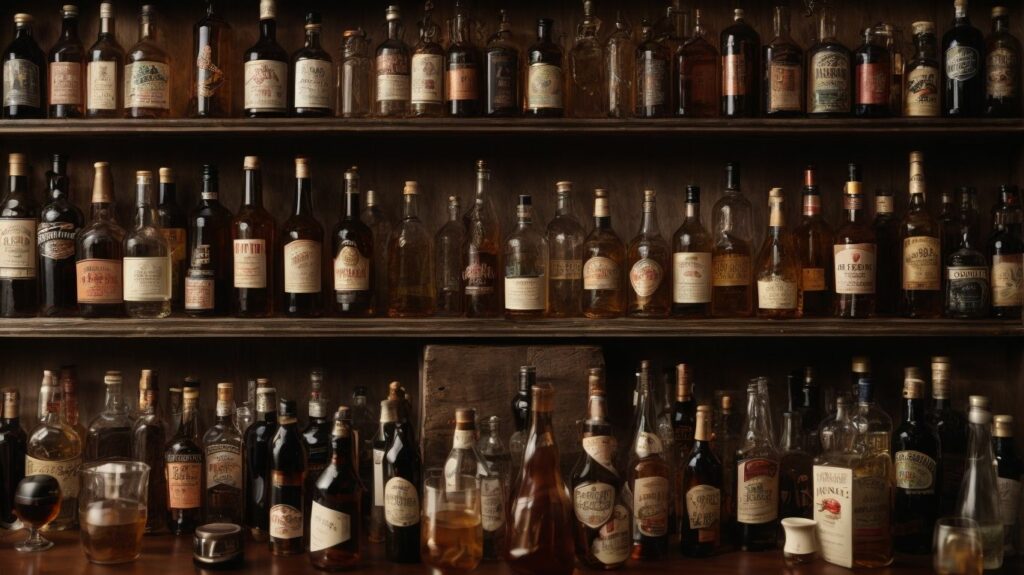
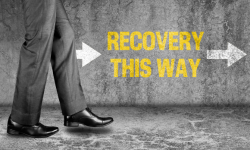


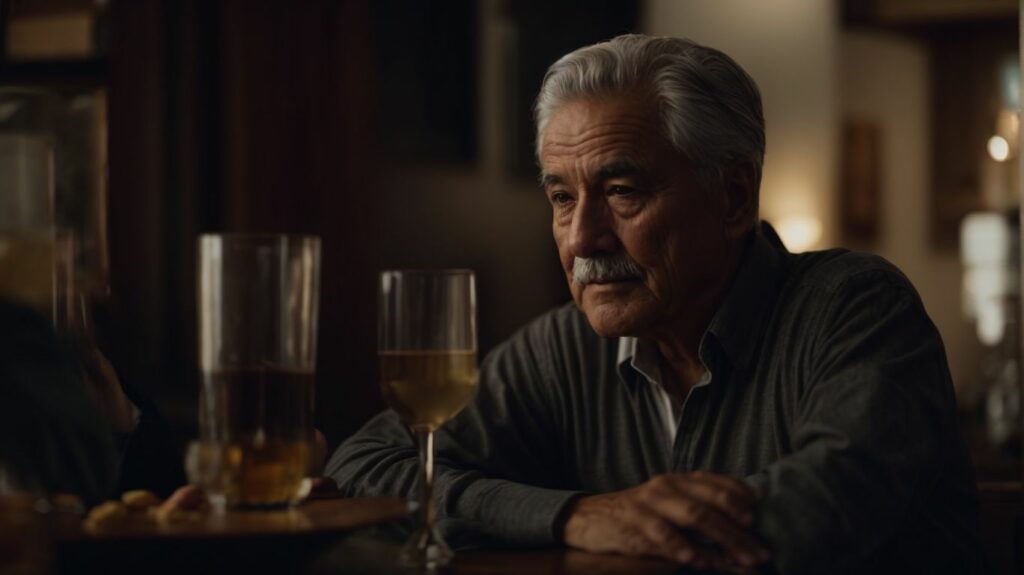

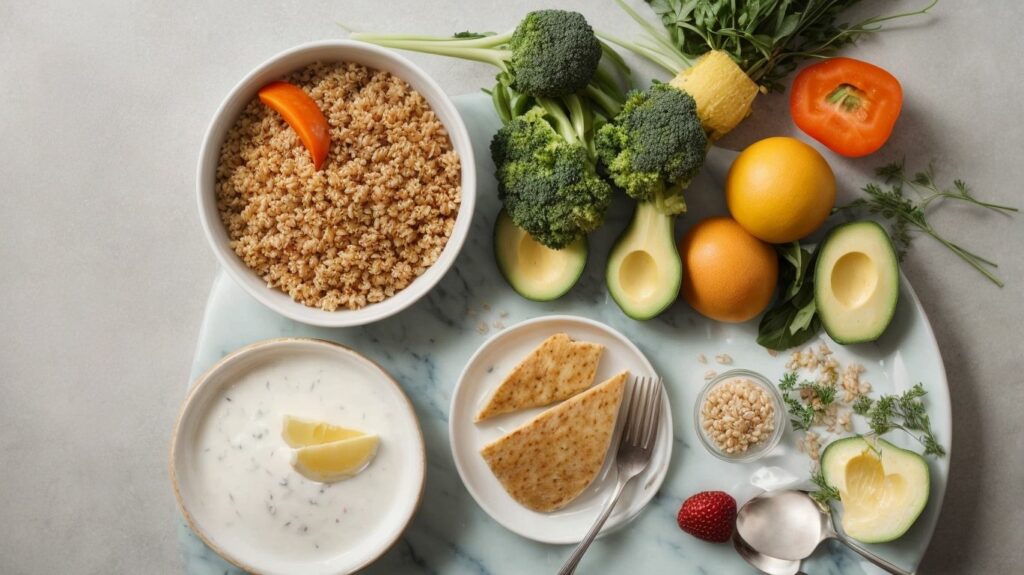

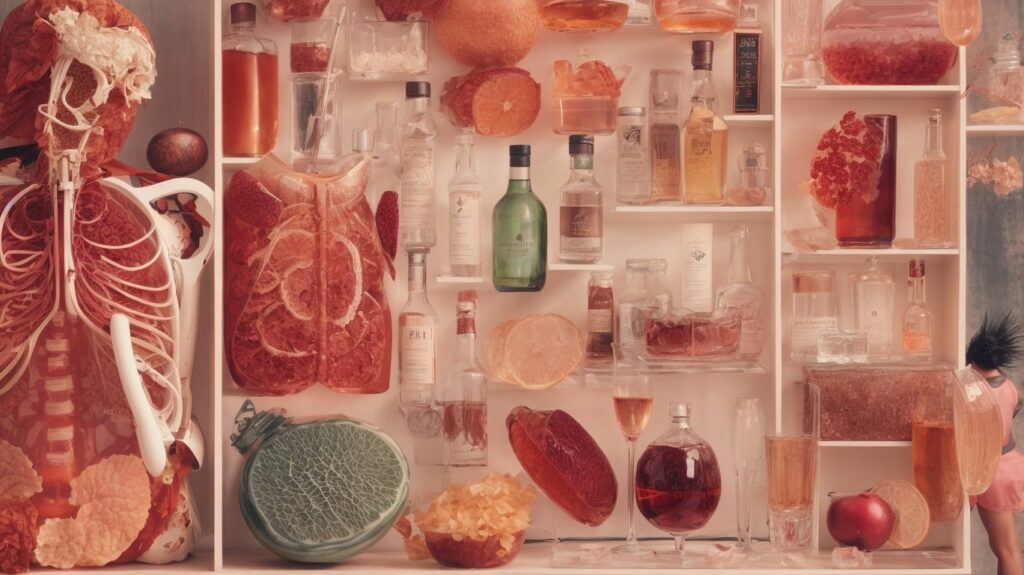



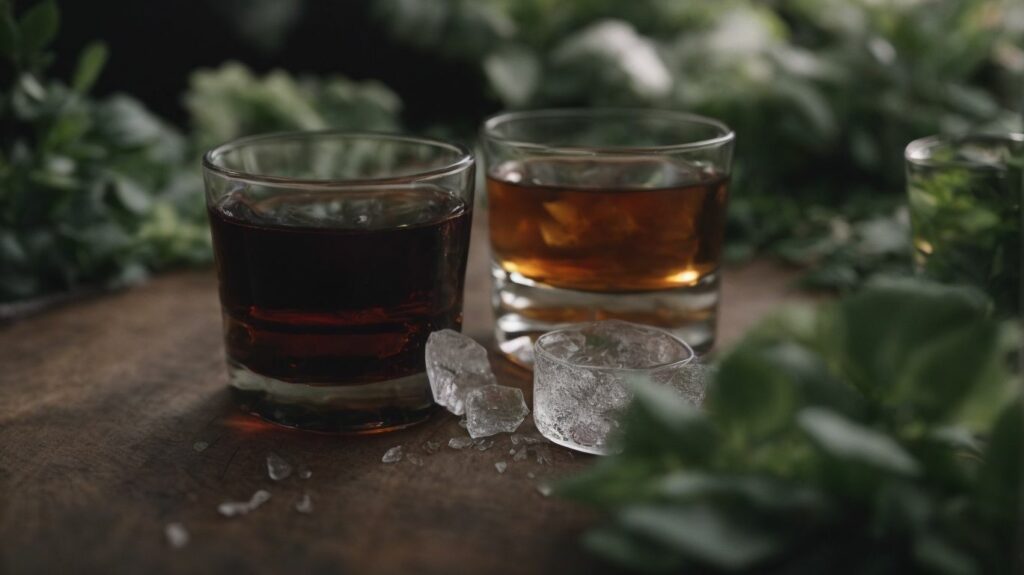

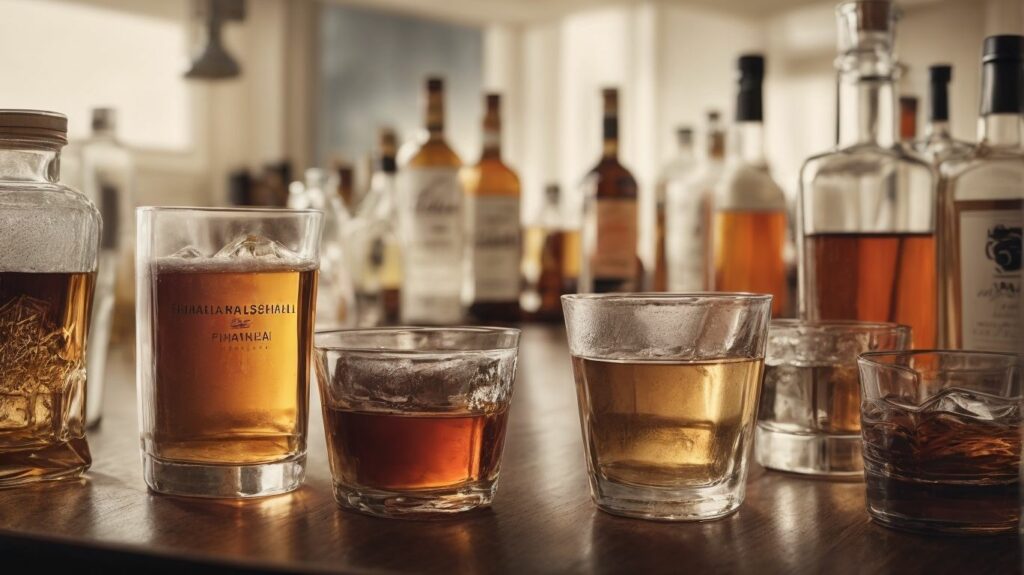


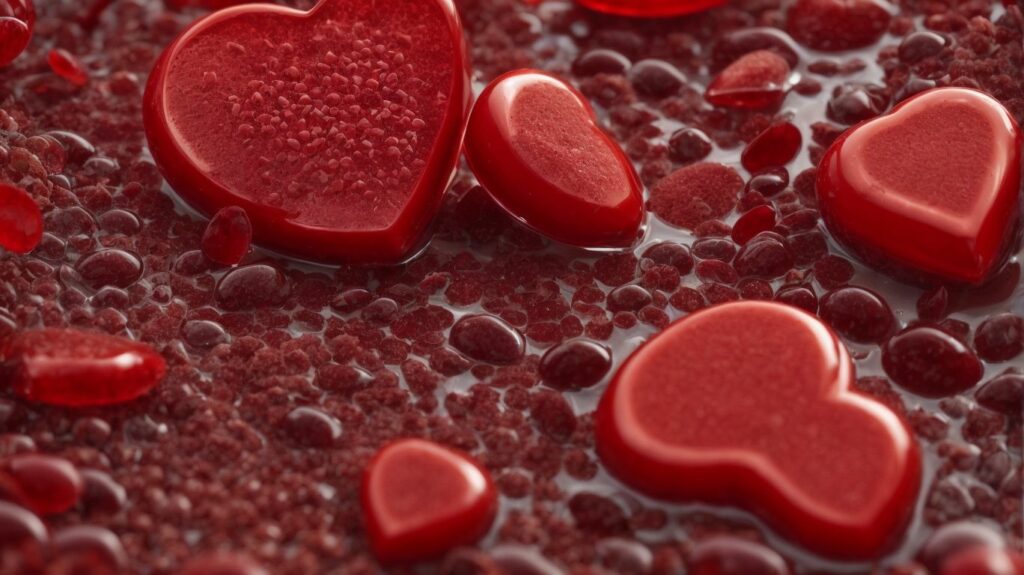


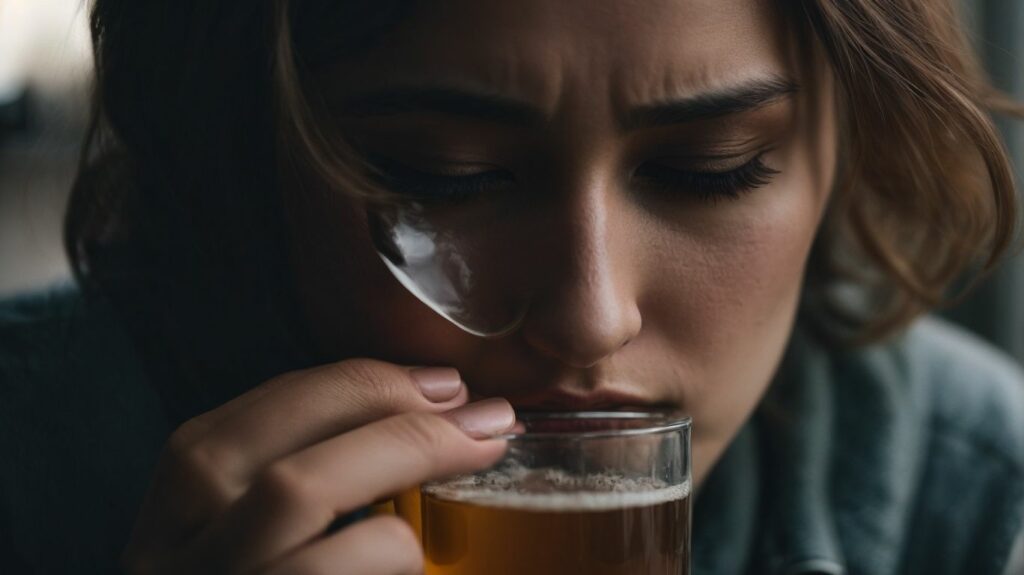



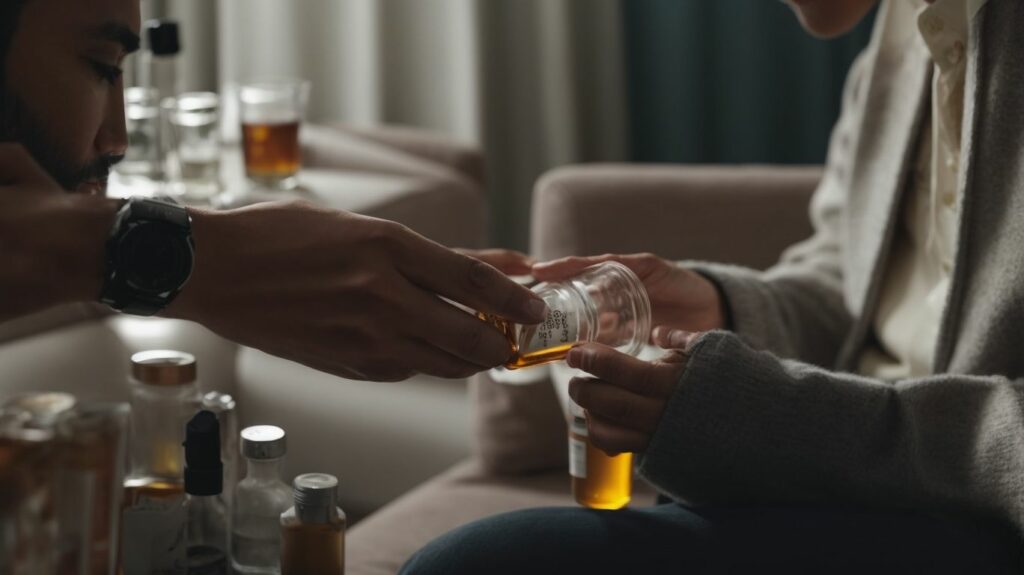
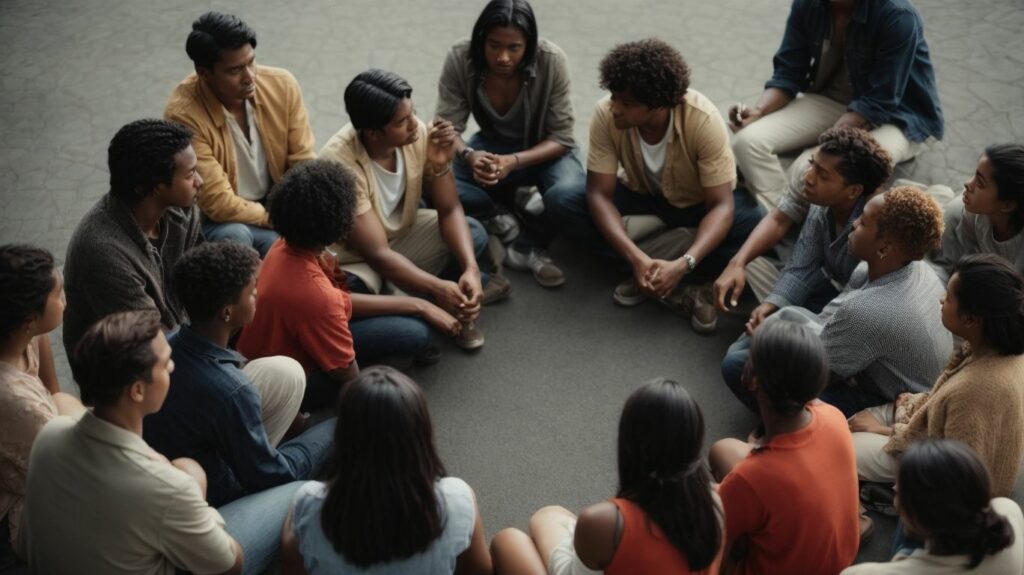
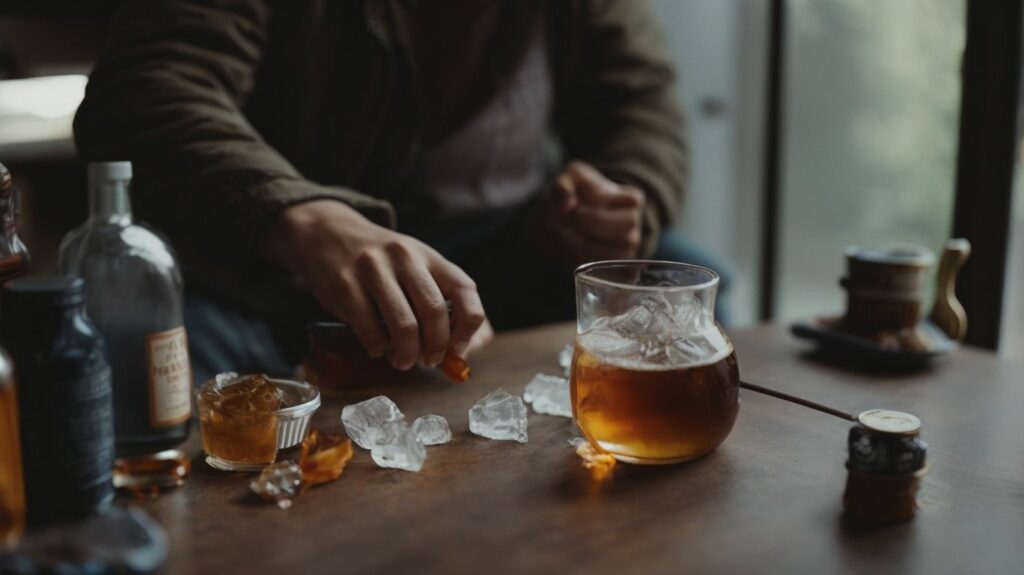

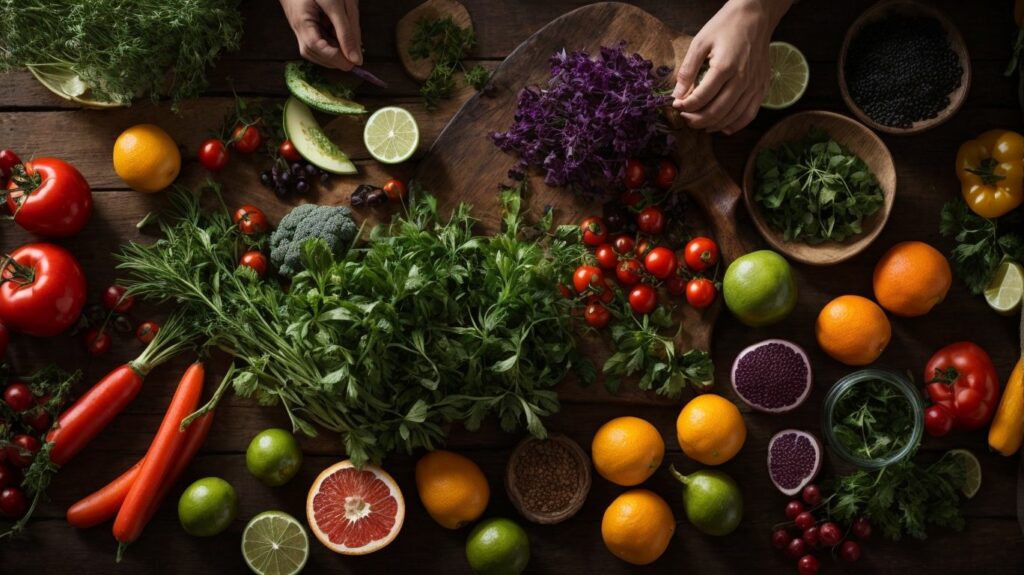
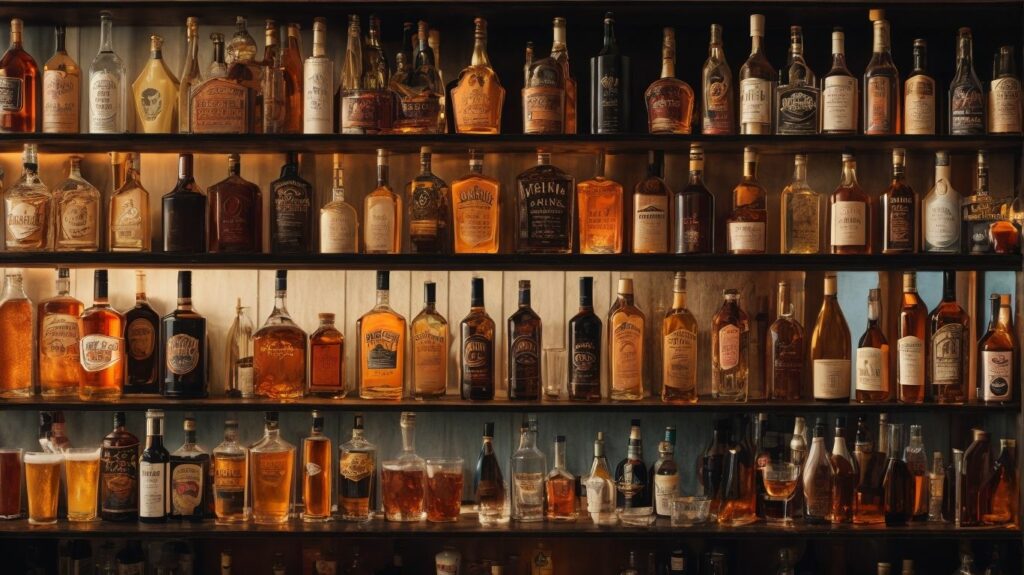
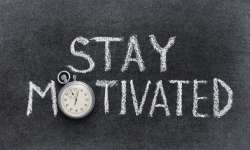
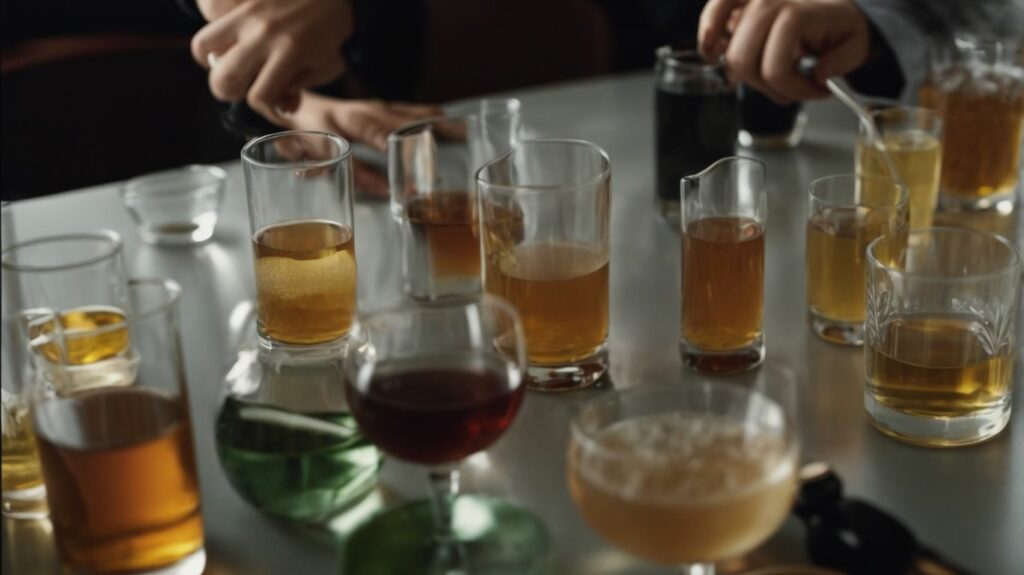


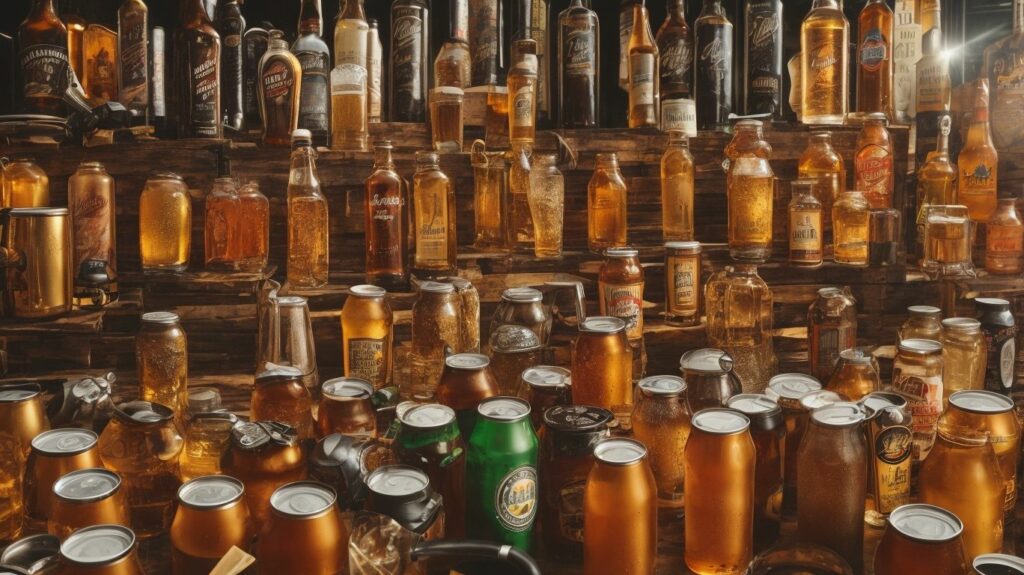


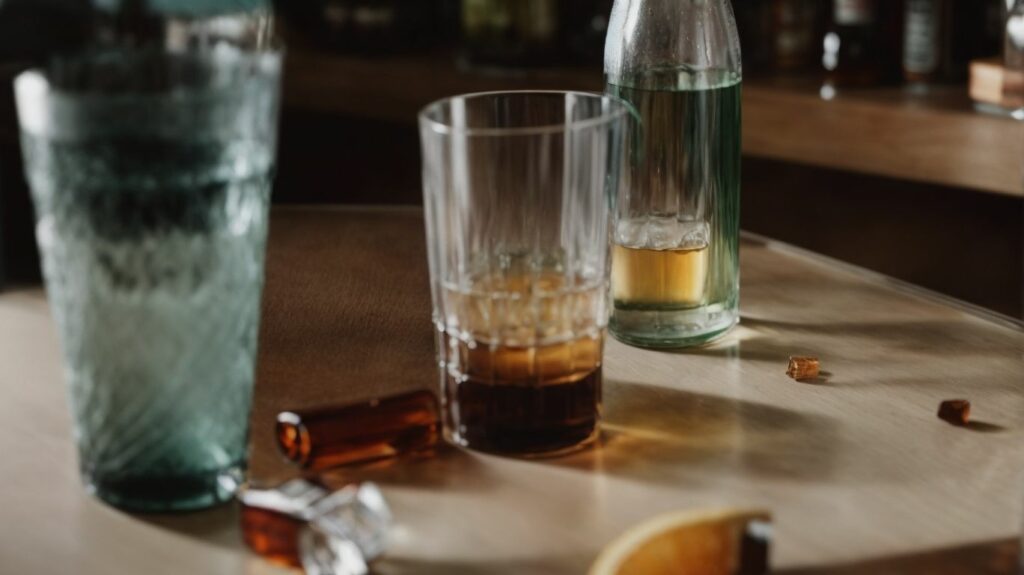

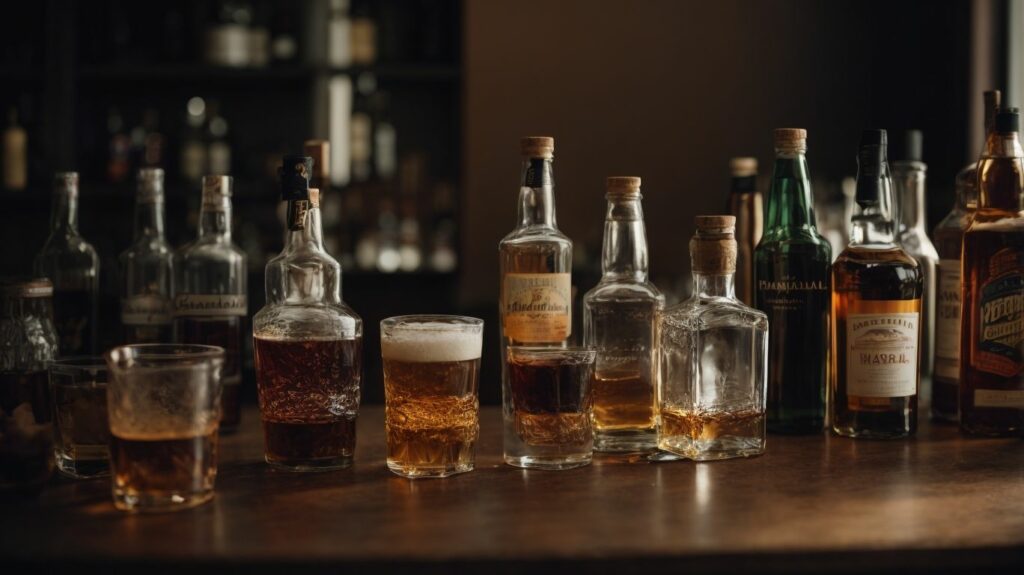
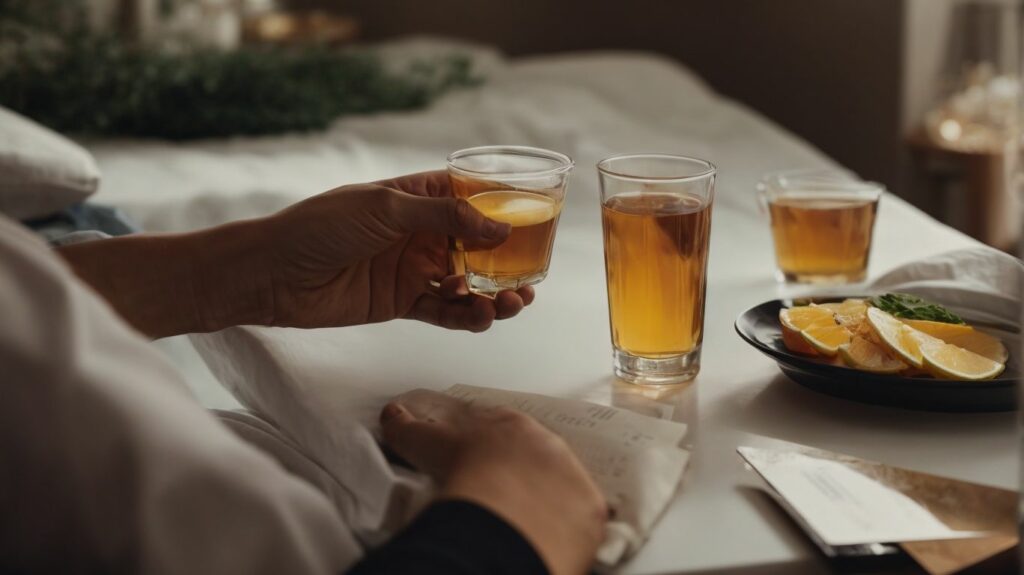
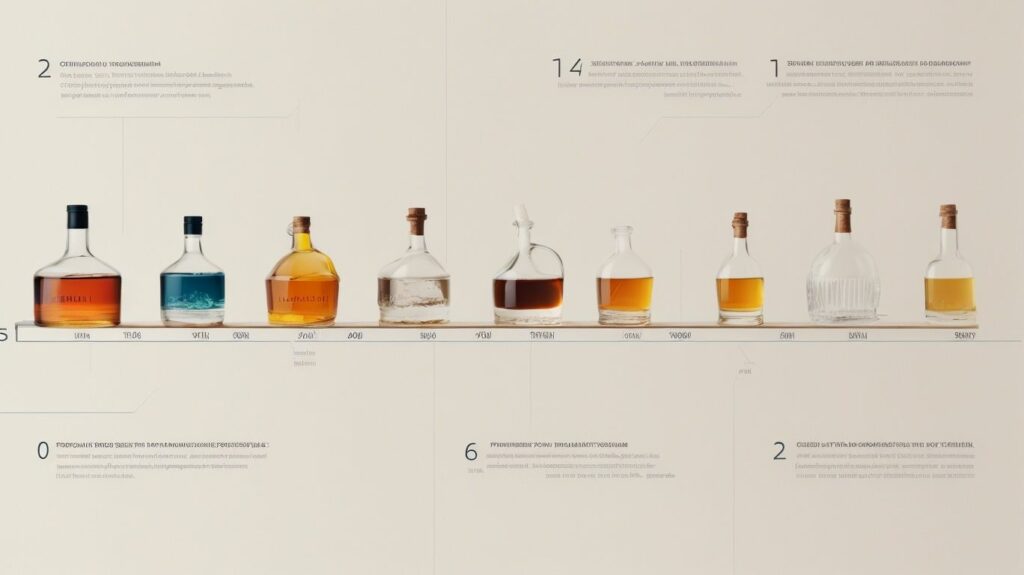
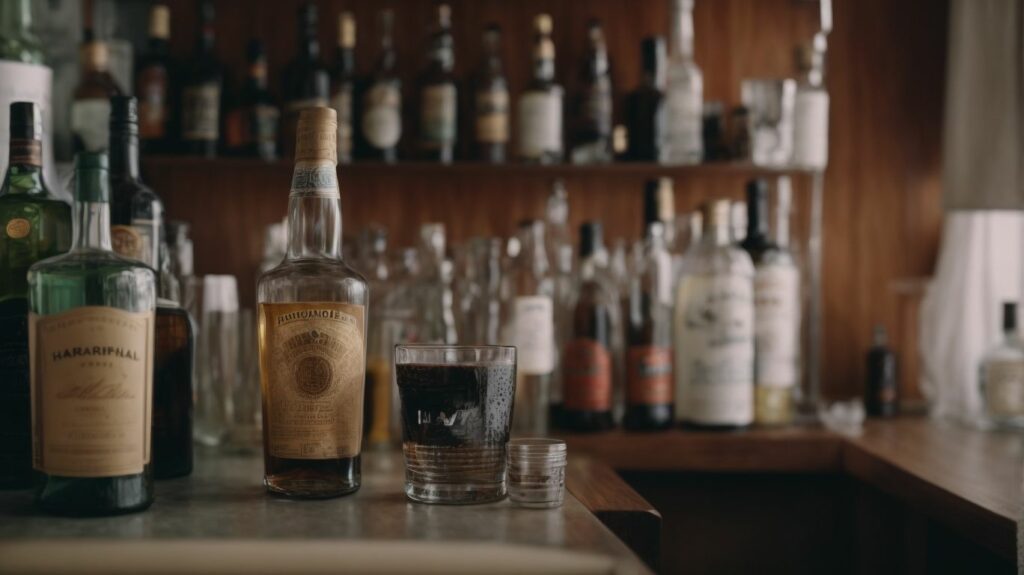
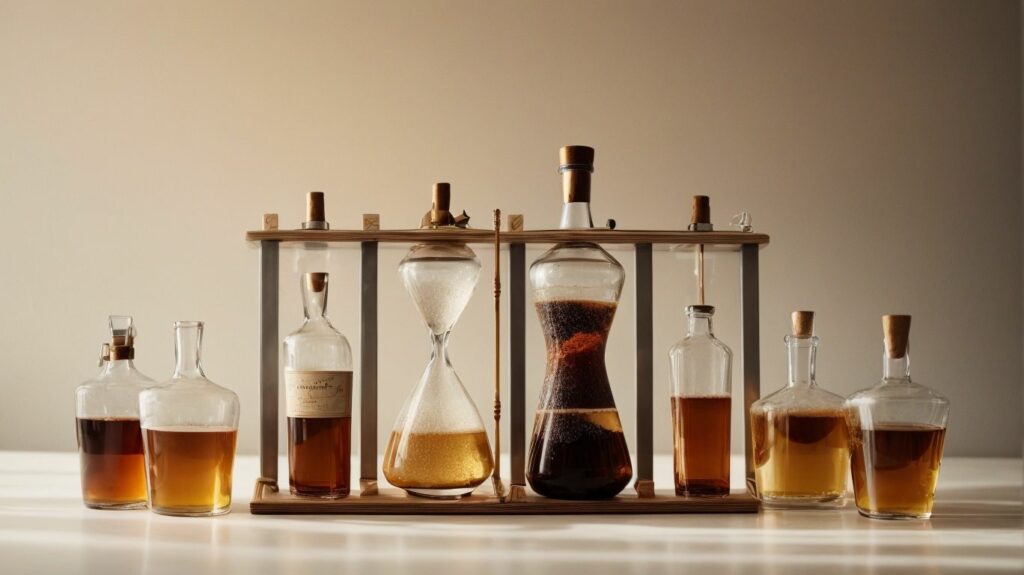
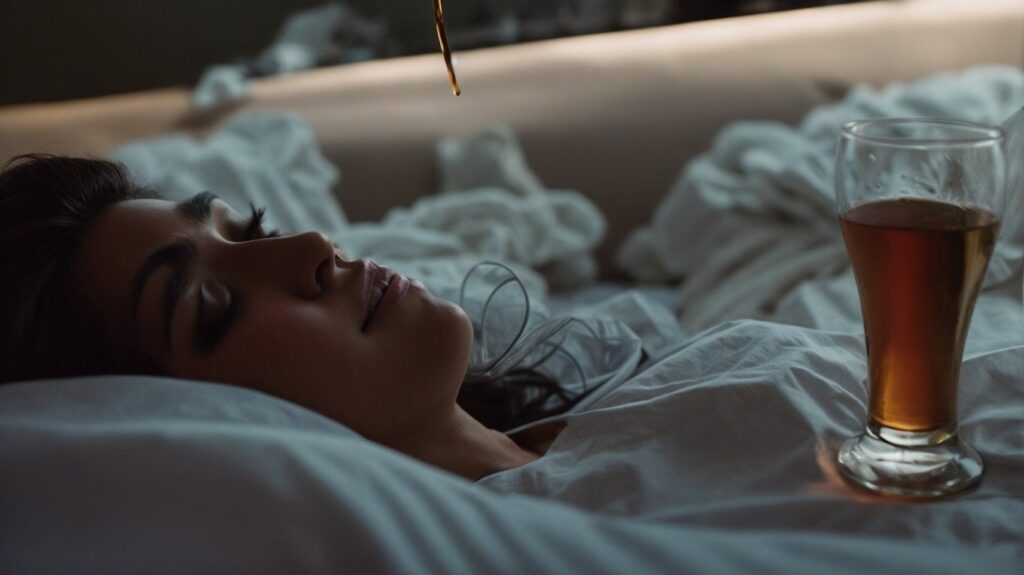
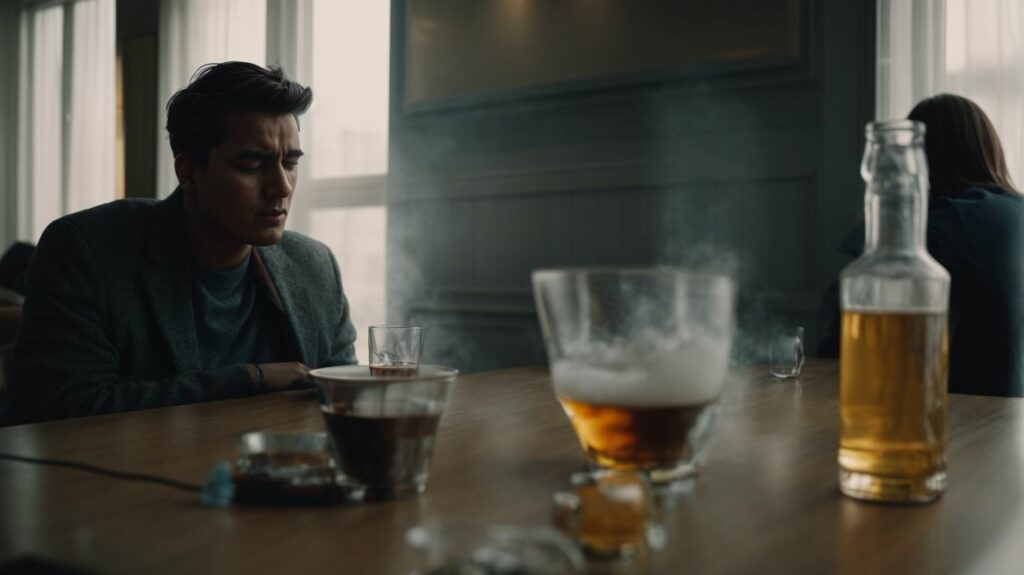
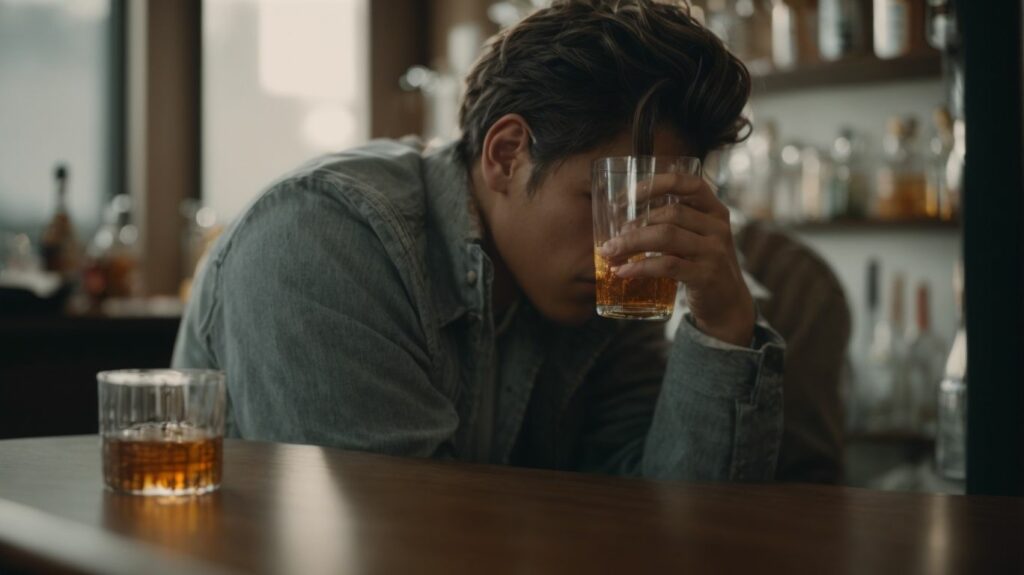
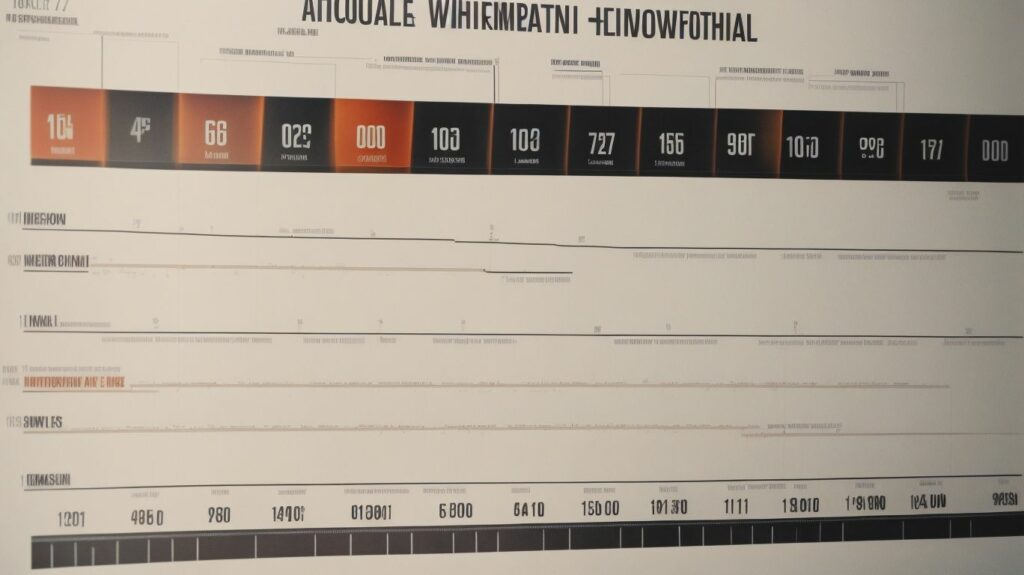




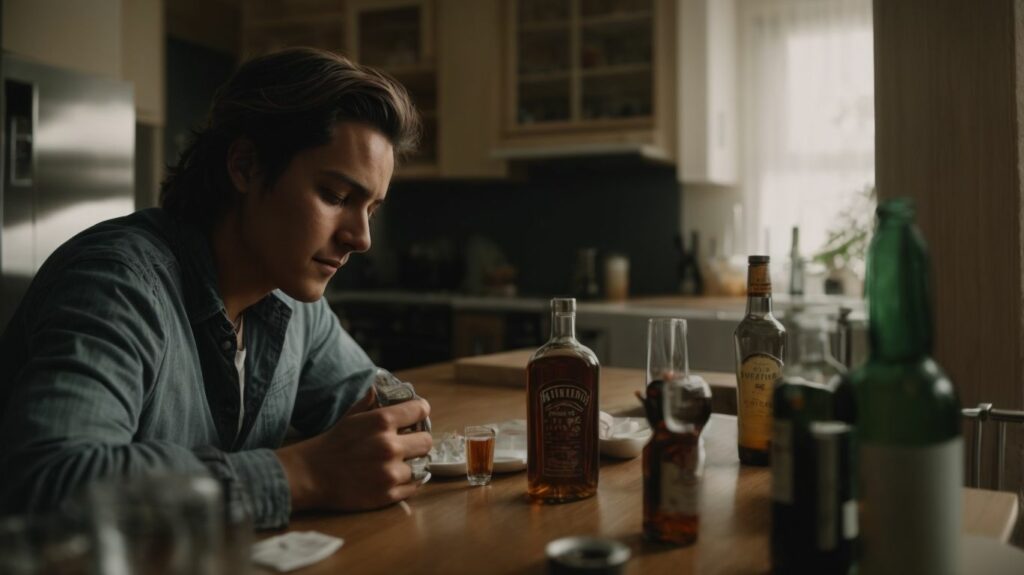
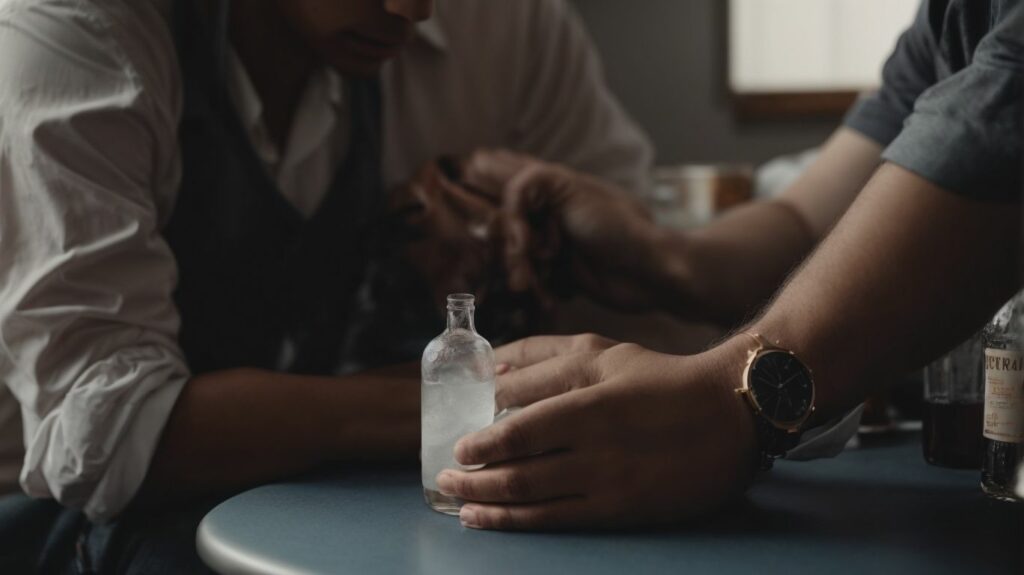
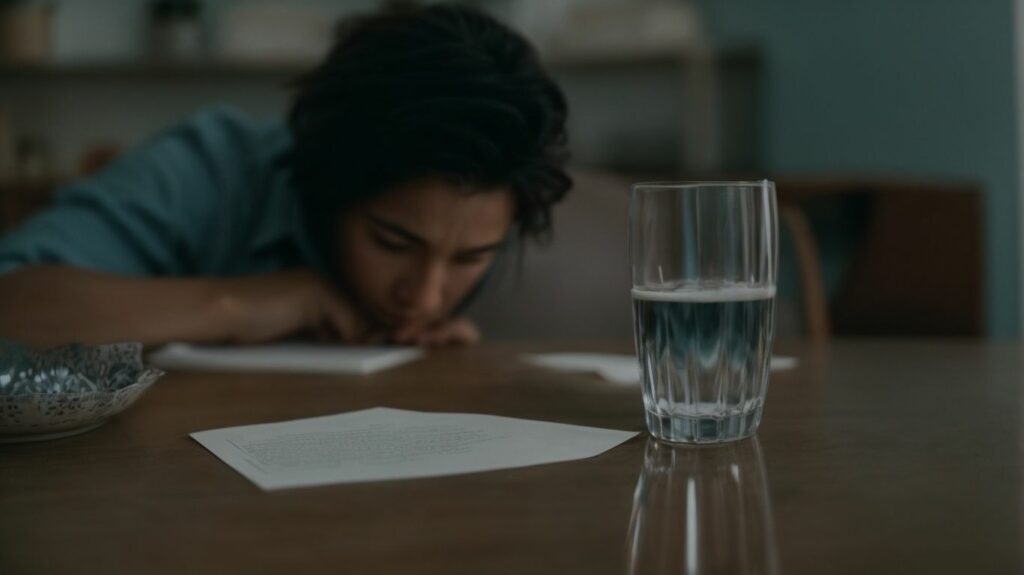





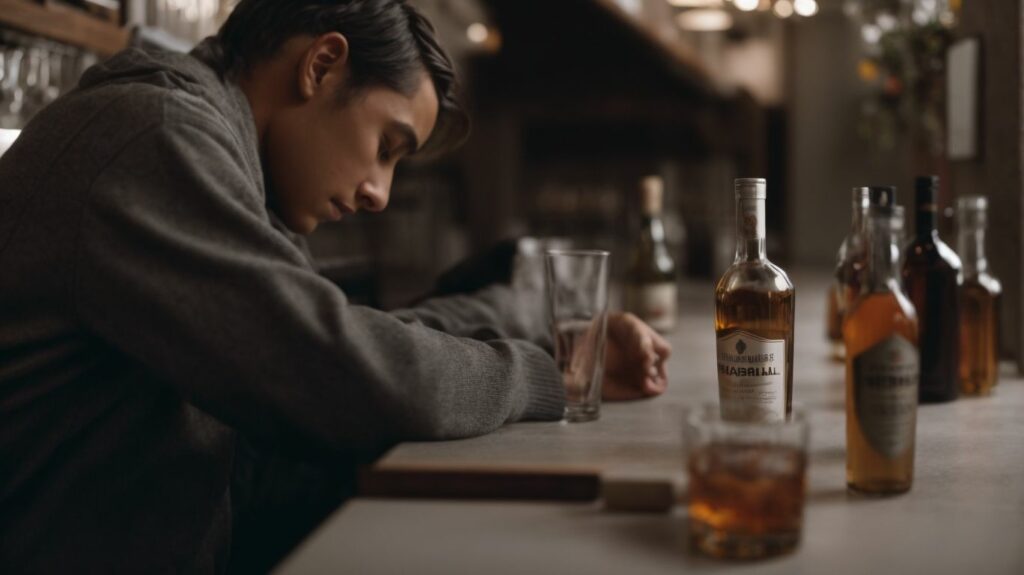



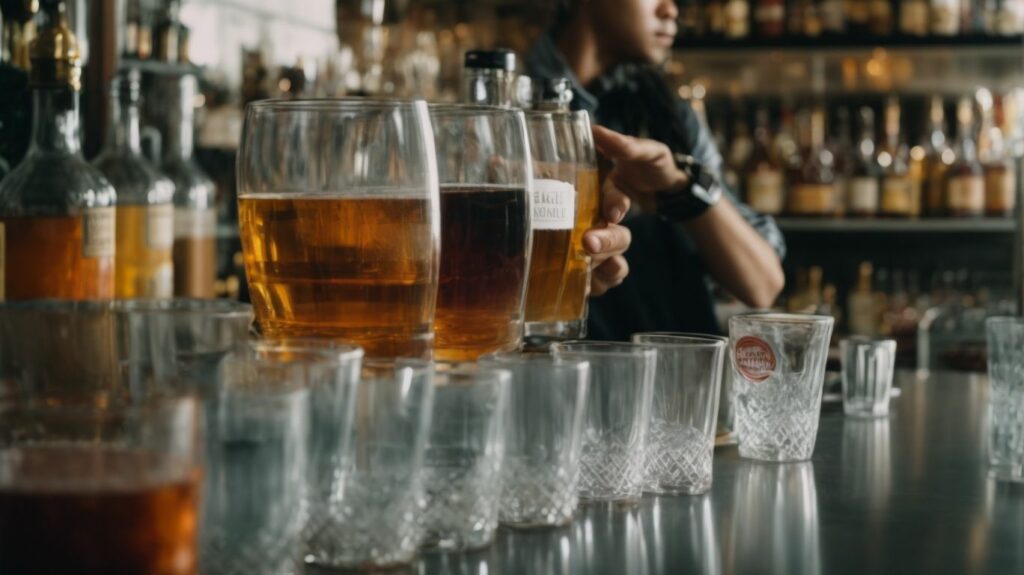


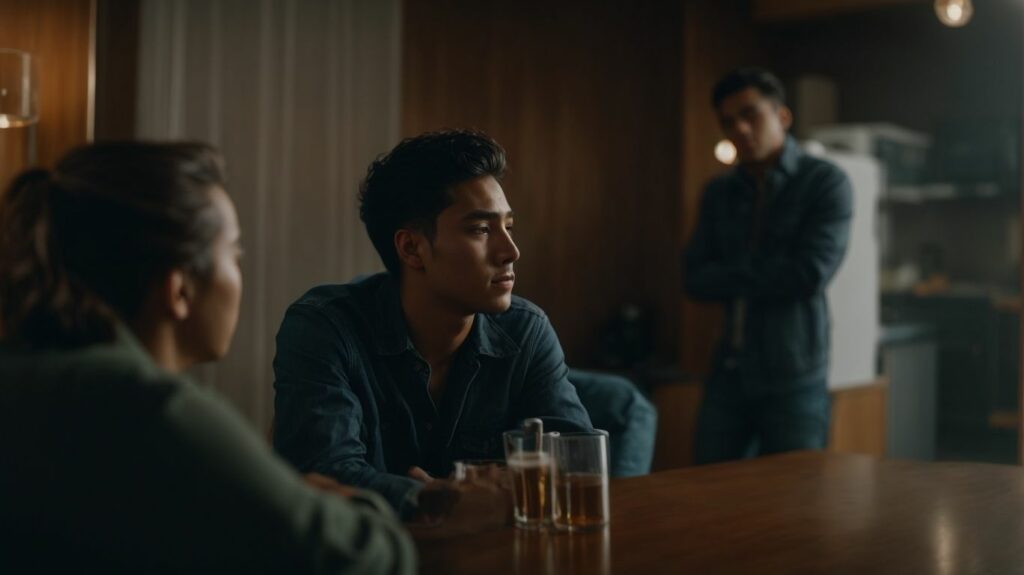






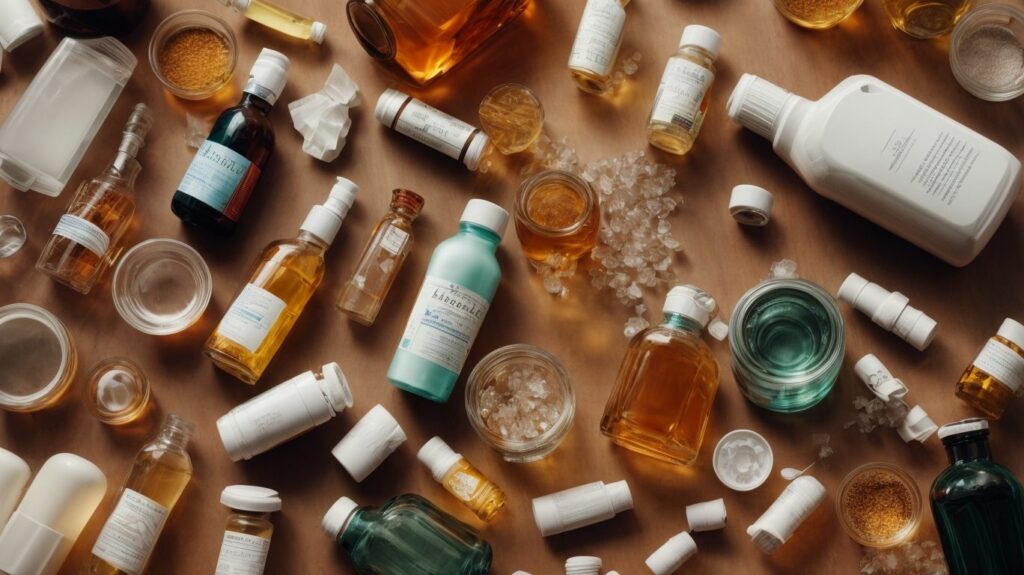
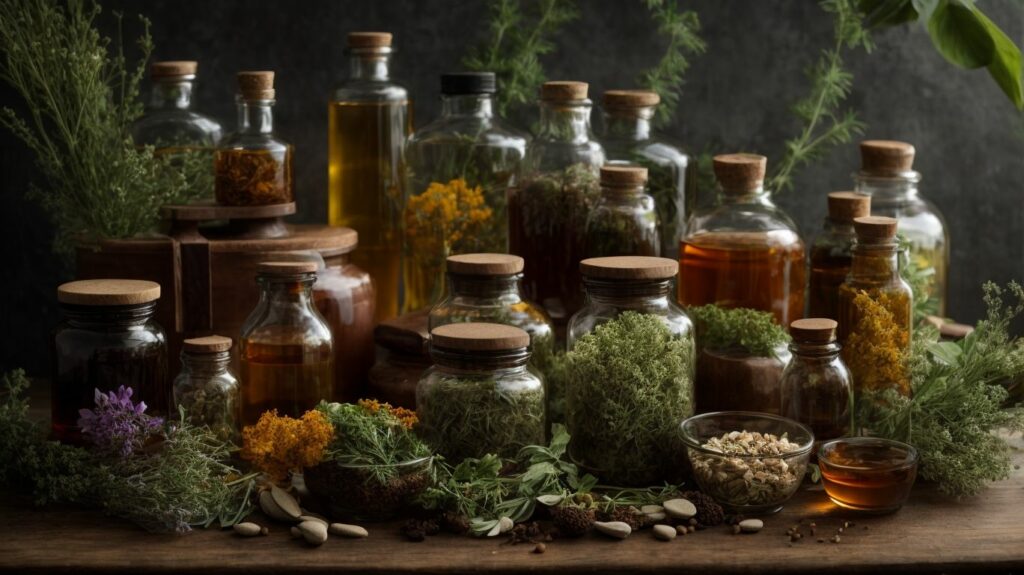













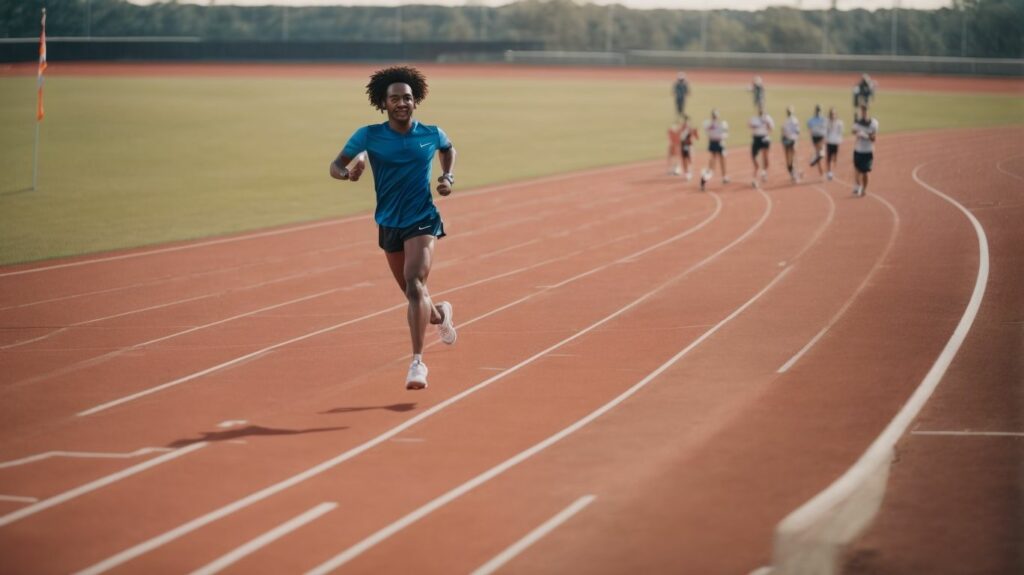
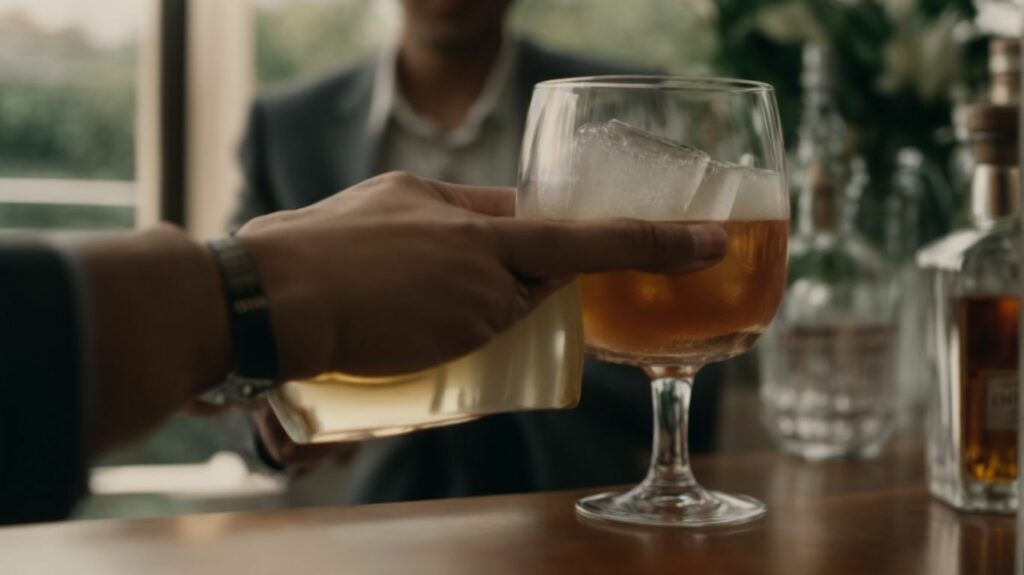



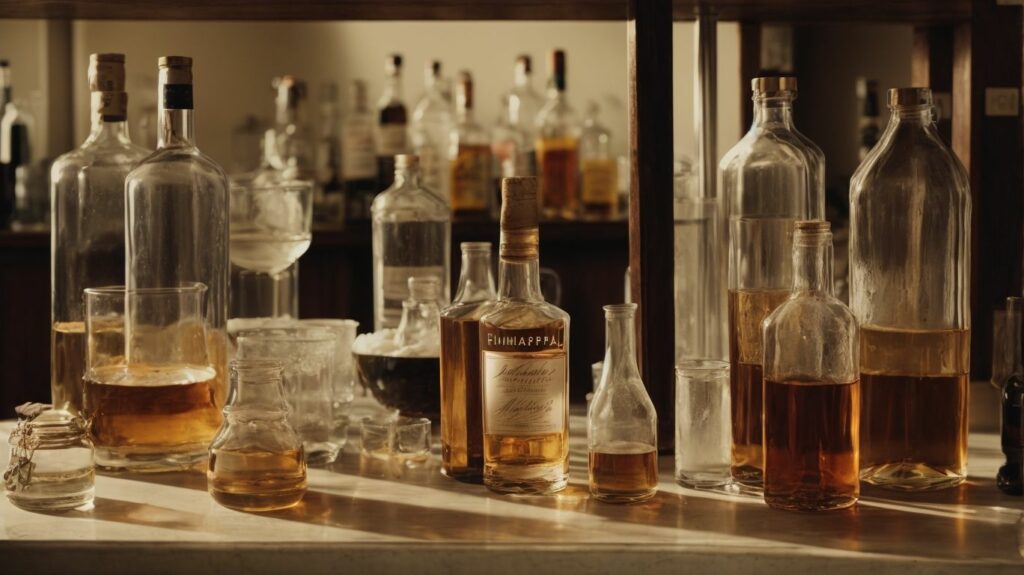
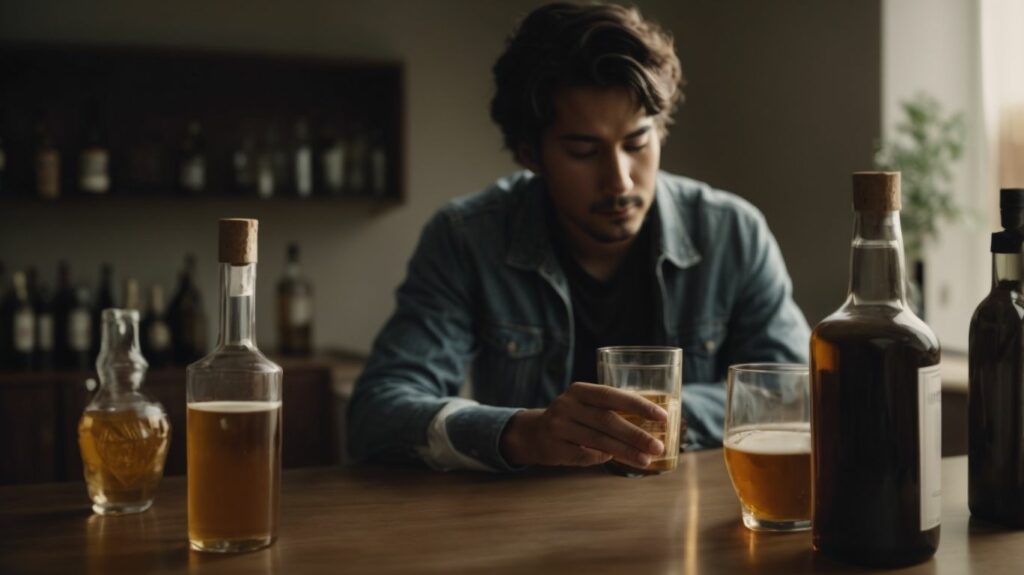

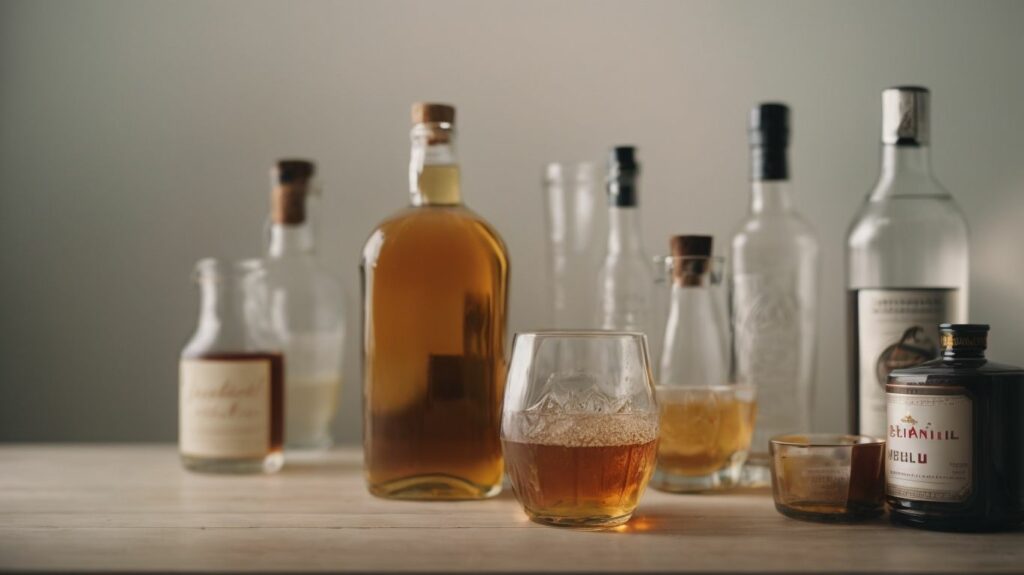



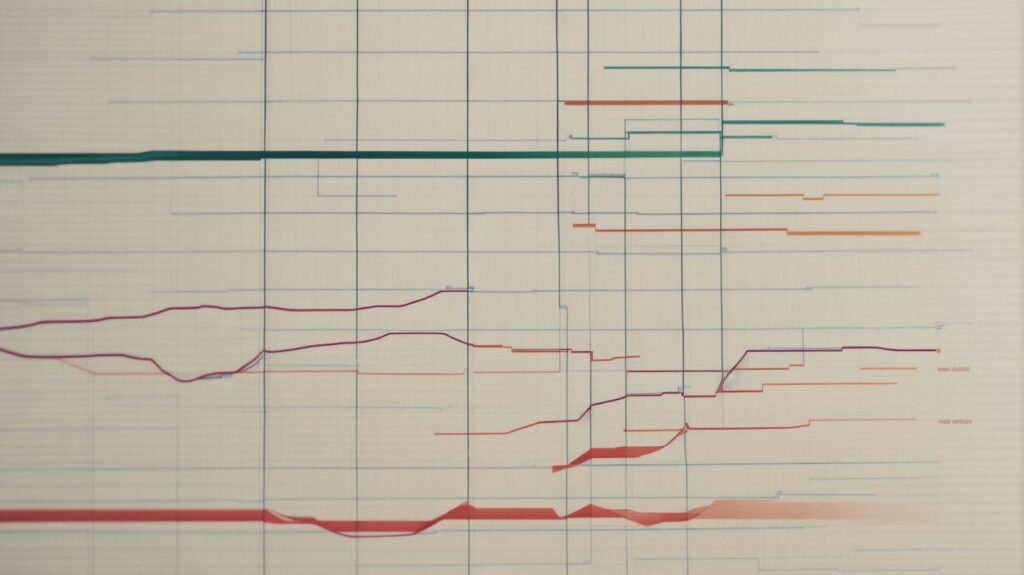




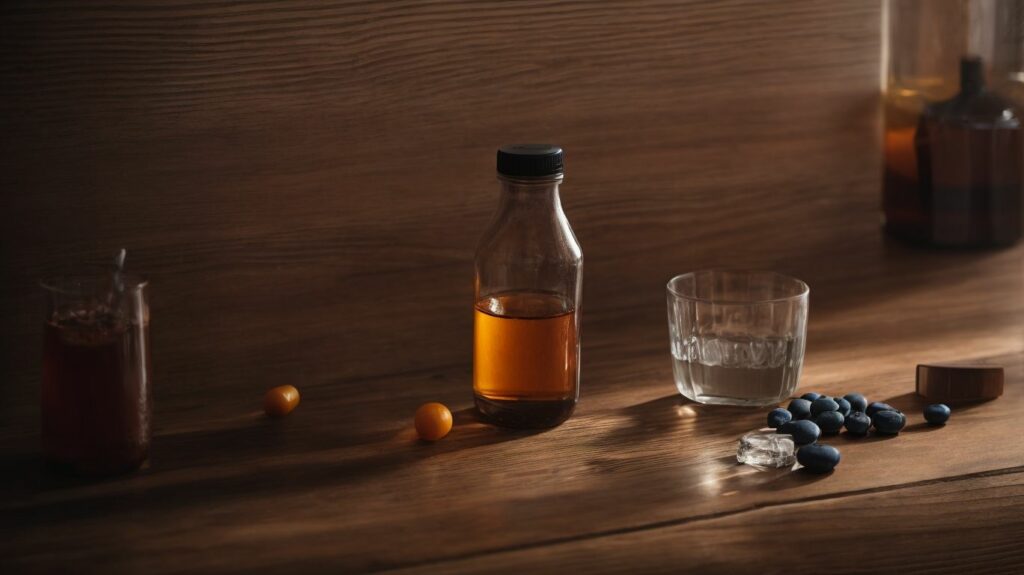
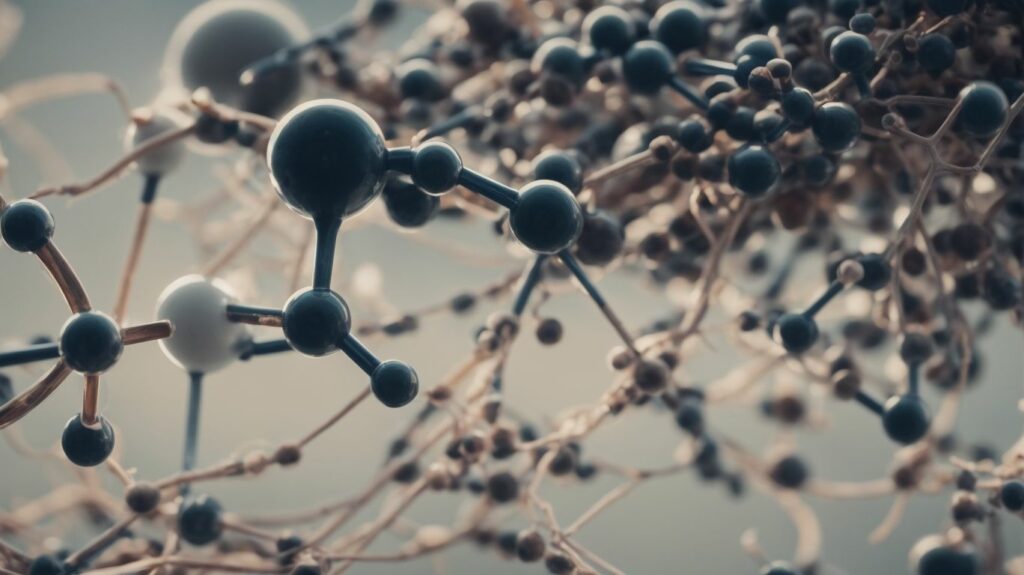
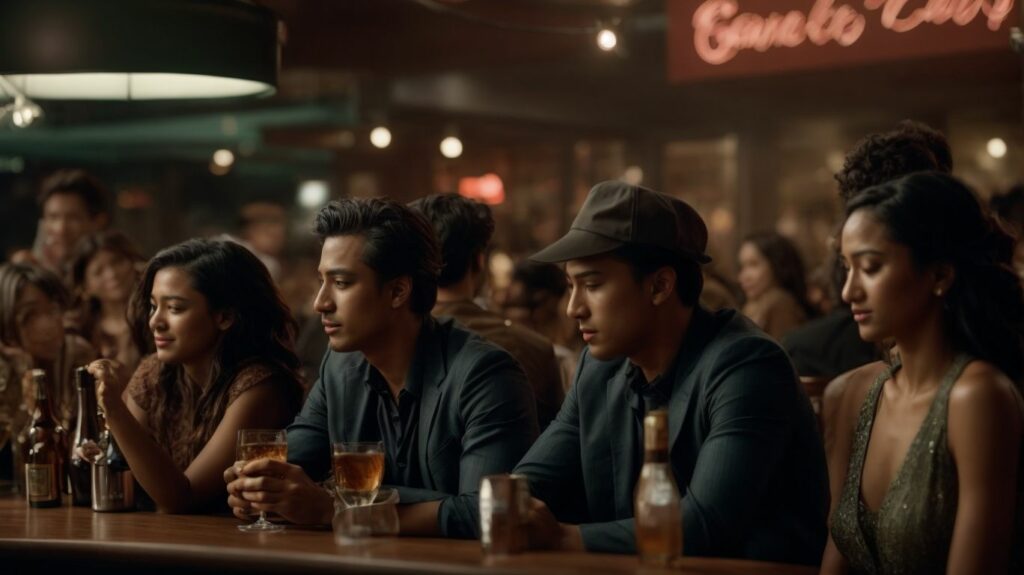
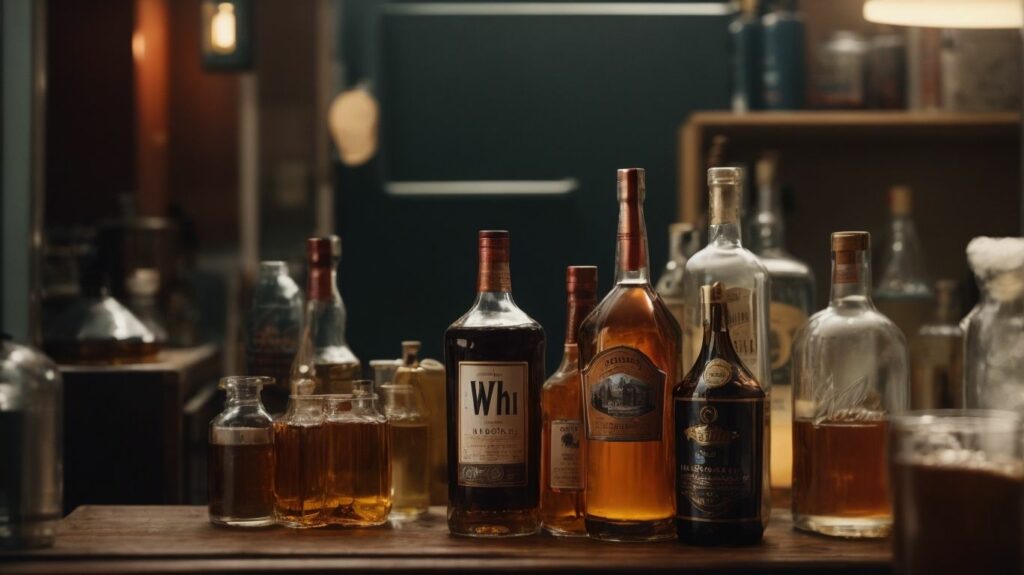



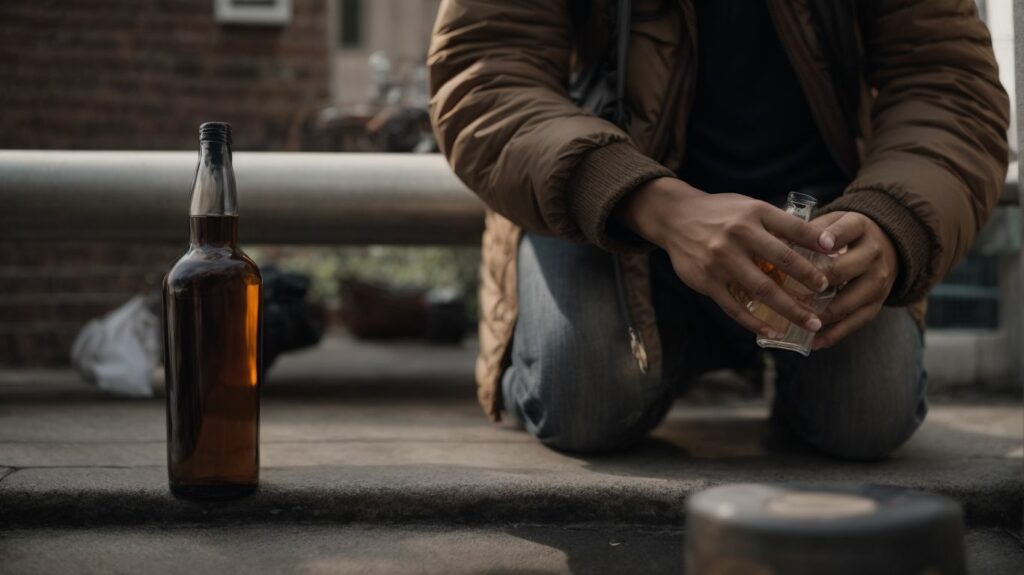
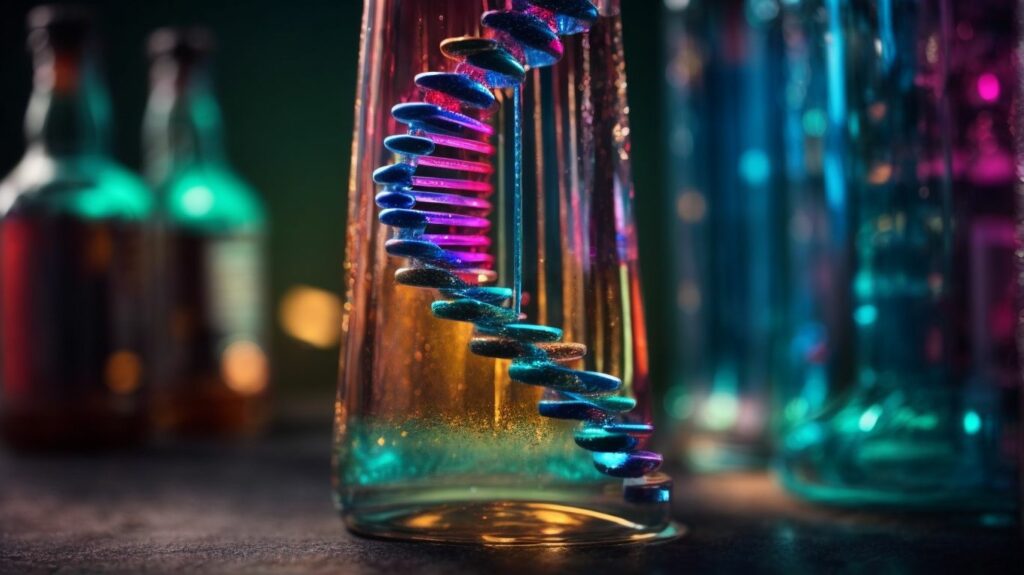


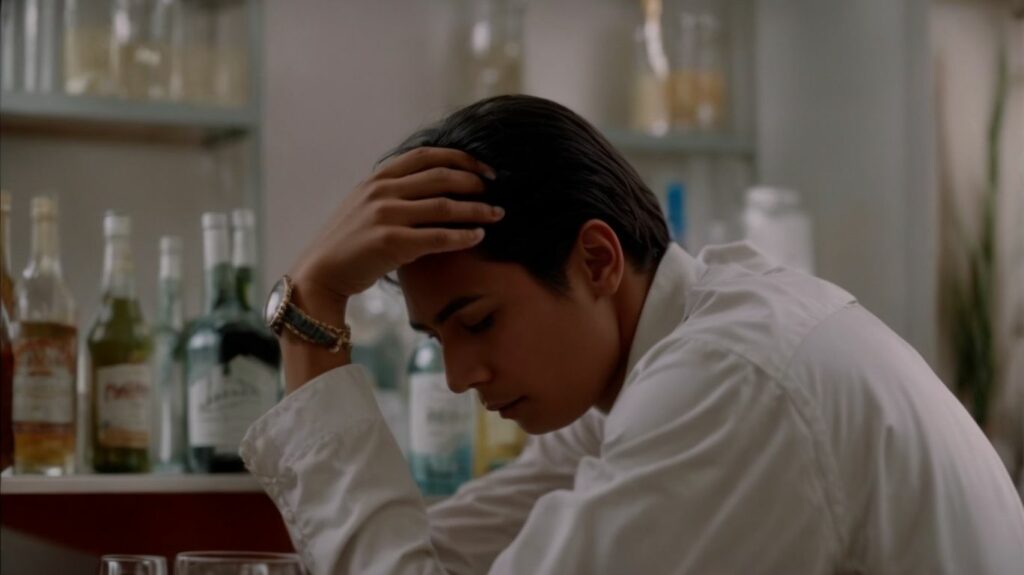
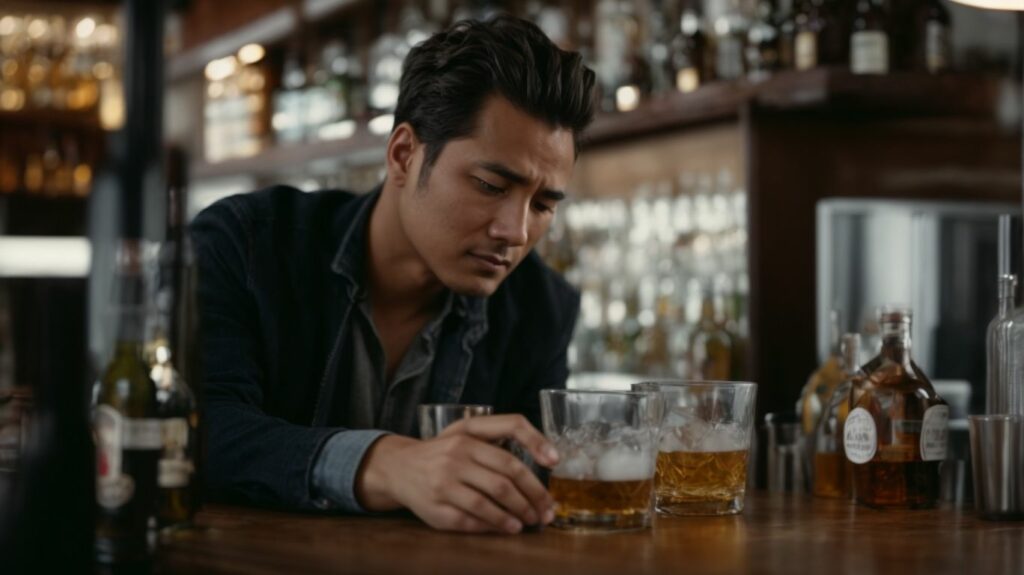
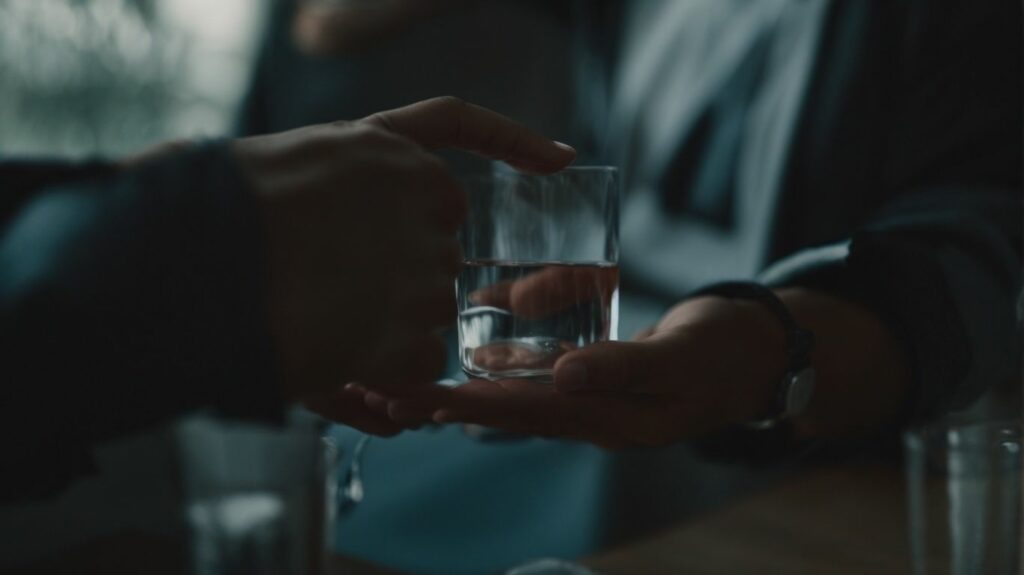
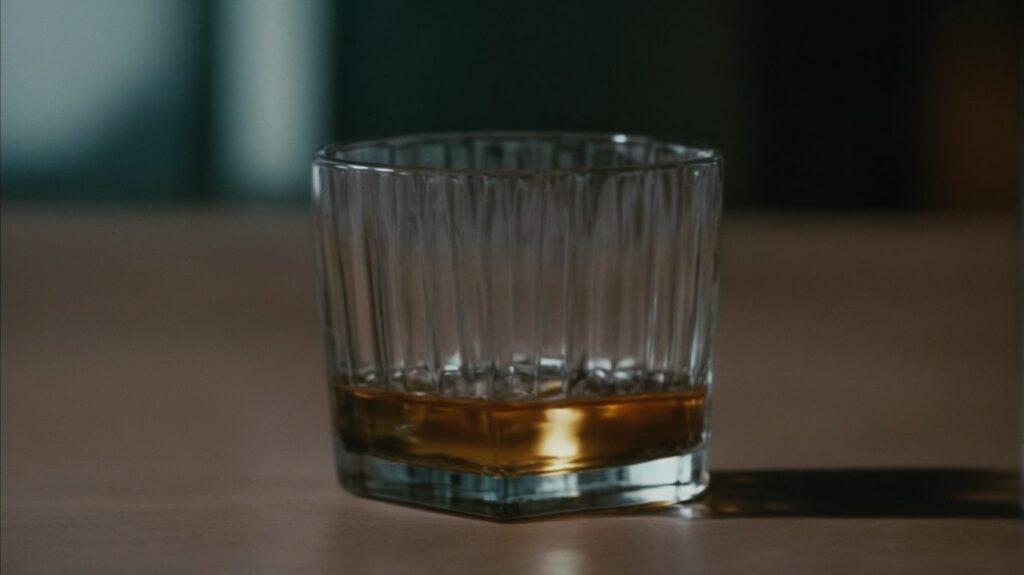

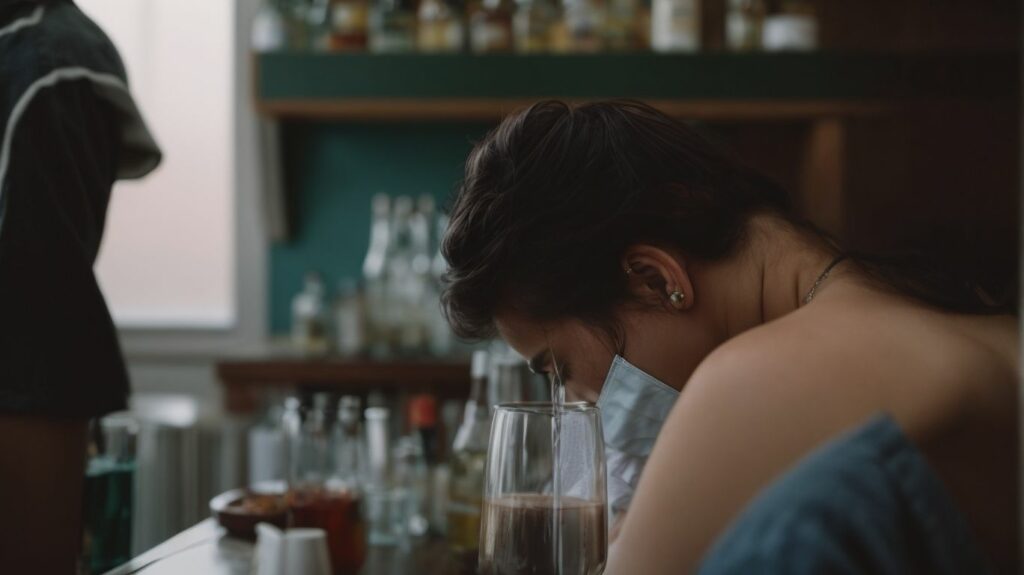
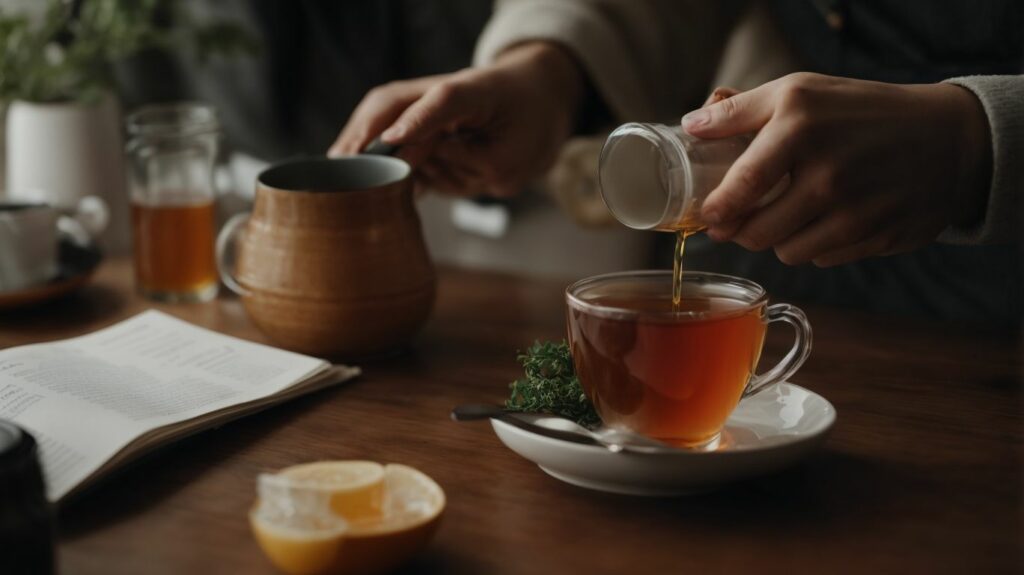
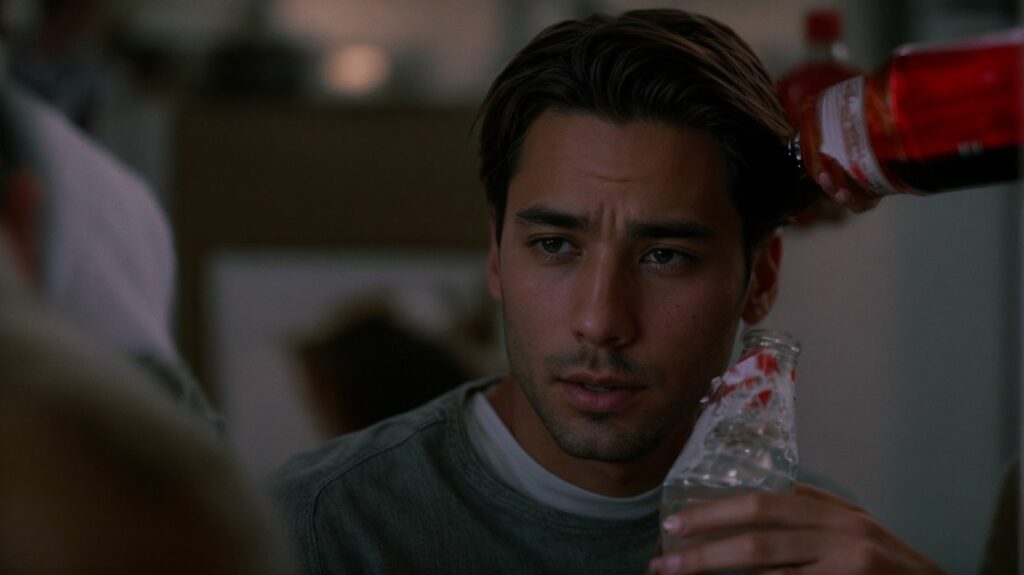
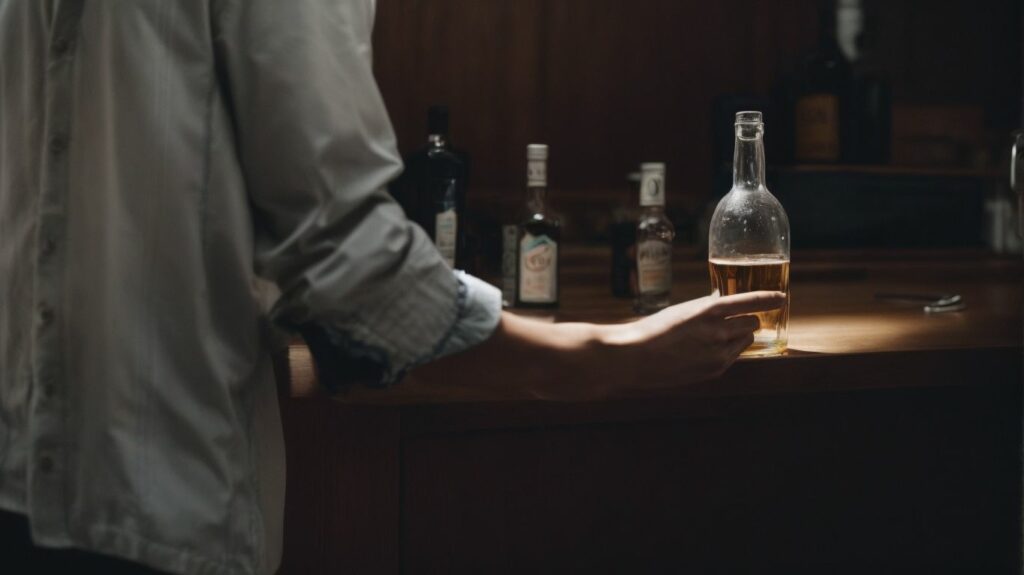

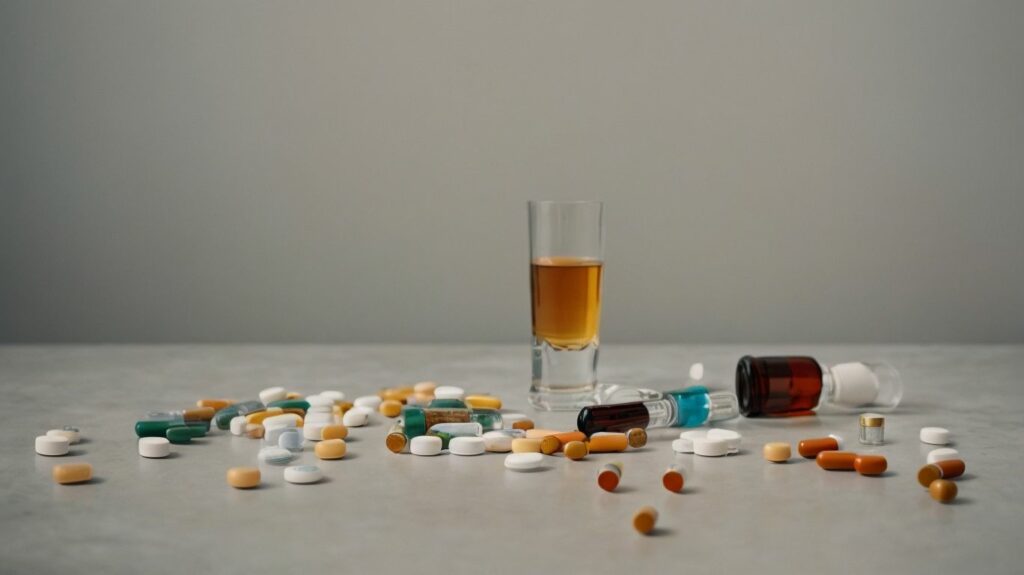


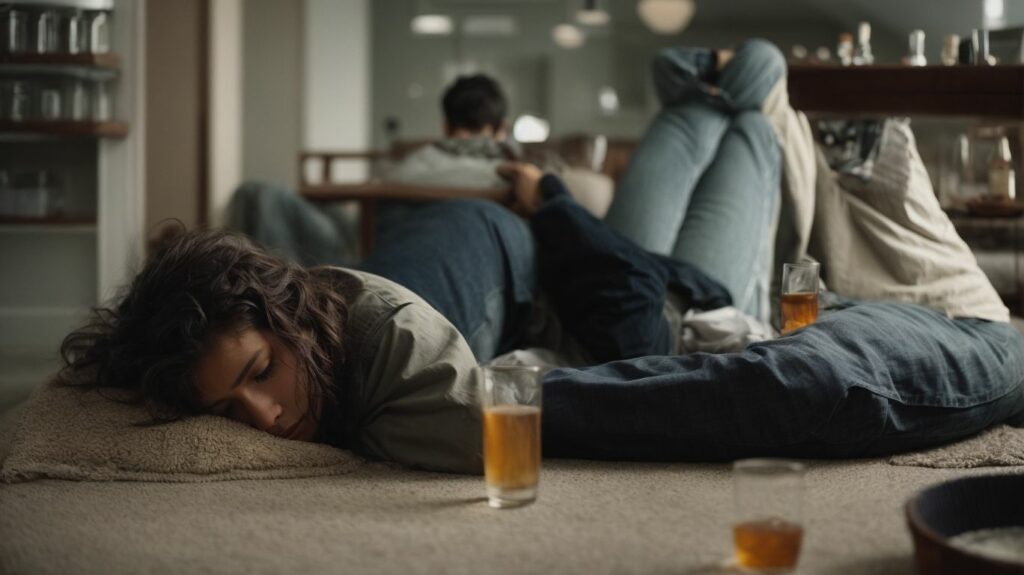
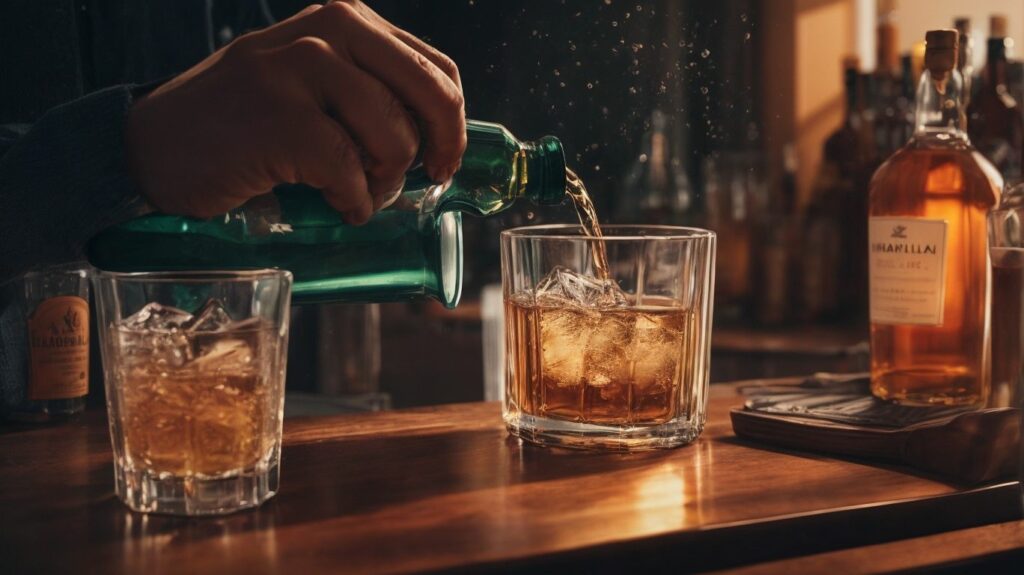
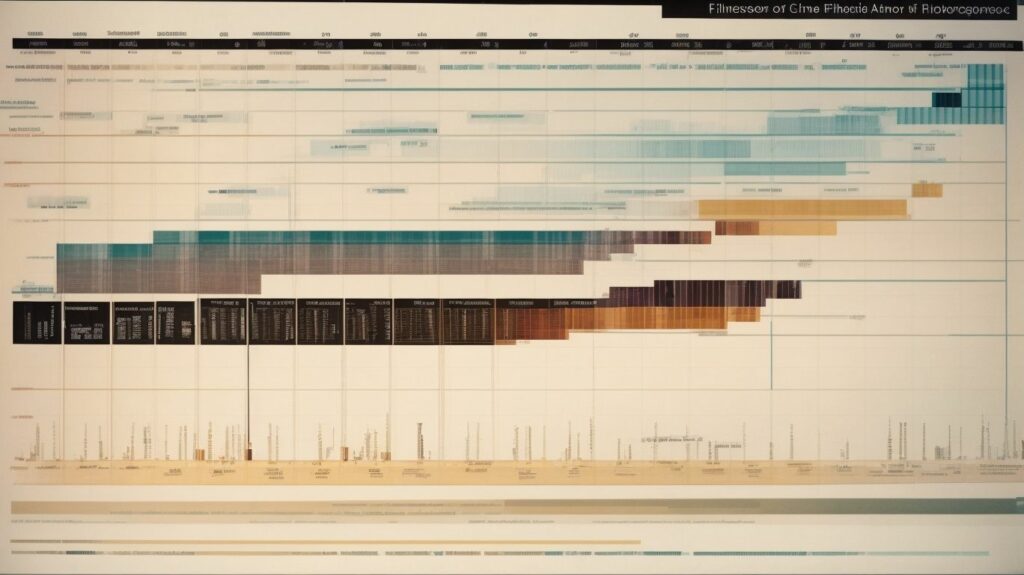
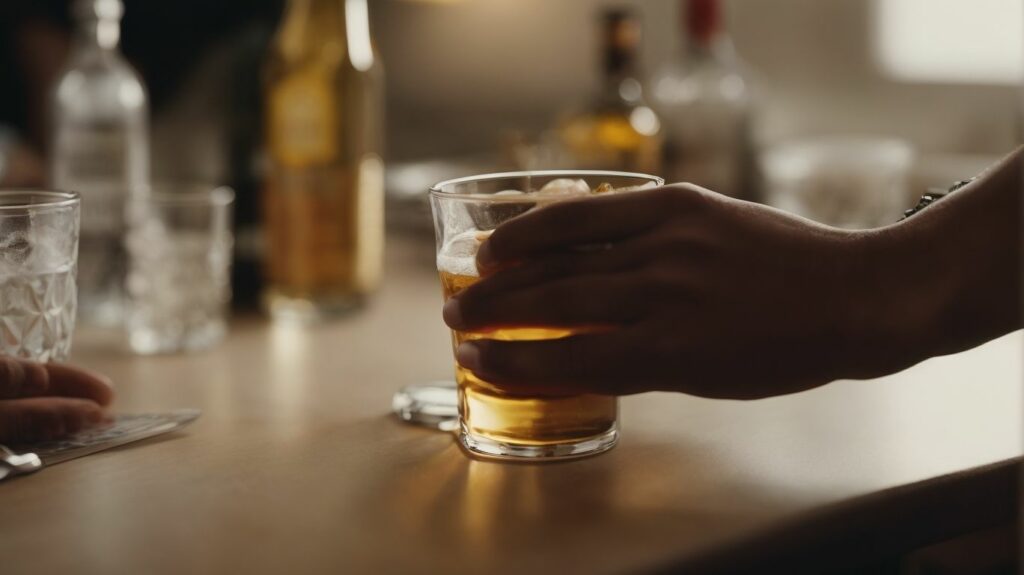


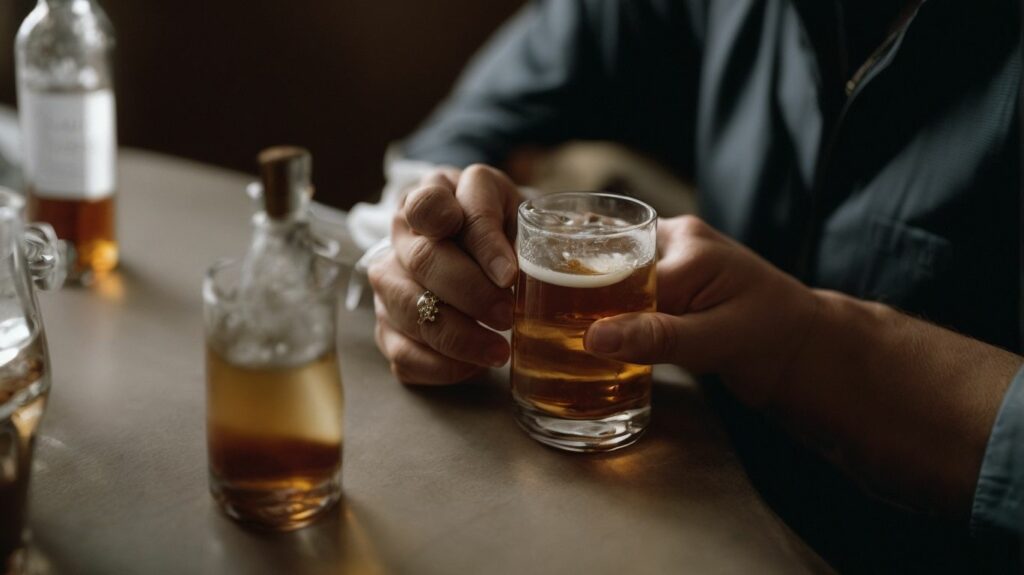

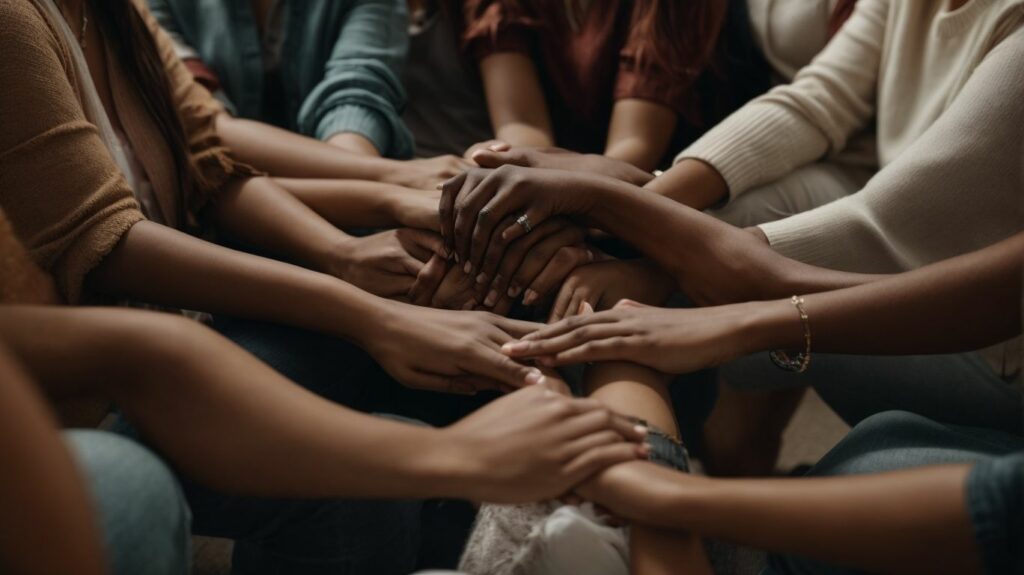
We Aim To Reply To All Enquiries With-in 24-Hours